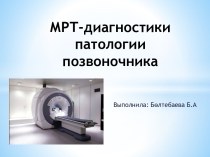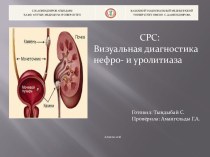- Главная
- Разное
- Бизнес и предпринимательство
- Образование
- Развлечения
- Государство
- Спорт
- Графика
- Культурология
- Еда и кулинария
- Лингвистика
- Религиоведение
- Черчение
- Физкультура
- ИЗО
- Психология
- Социология
- Английский язык
- Астрономия
- Алгебра
- Биология
- География
- Геометрия
- Детские презентации
- Информатика
- История
- Литература
- Маркетинг
- Математика
- Медицина
- Менеджмент
- Музыка
- МХК
- Немецкий язык
- ОБЖ
- Обществознание
- Окружающий мир
- Педагогика
- Русский язык
- Технология
- Физика
- Философия
- Химия
- Шаблоны, картинки для презентаций
- Экология
- Экономика
- Юриспруденция
Что такое findslide.org?
FindSlide.org - это сайт презентаций, докладов, шаблонов в формате PowerPoint.
Обратная связь
Email: Нажмите что бы посмотреть
Презентация на тему Tumors of genitourinary organs
Содержание
- 2. Tumors of the kidney
- 3. Tumors of the kidneyThe most common kind
- 4. Tumors of the kidneyThe tumors of the
- 5. Classification of tumors of the kidneyTumor of
- 6. Classification of malignant tumors of the kidney in stages:Tumor within the limits of renal capsule
- 7. Classification of International Agency for Cancer Research:T1
- 8. Classification of International Agency for Cancer Research:N0
- 9. Classification of International Agency for Cancer Research:N3
- 10. Classification of International Agency for Cancer Research:
- 11. Benign Tumors of the kidneyAdenoma of the
- 12. Benign Tumors of the kidneyOncocytomas are spherical,
- 13. Benign Tumors of the kidneyAngiomyolipomas. These tumors
- 14. Malignant TumorsRenal Cell Carcinoma (Hypernephroma, Renal Adenocarcinoma)
- 15. Wilms’ TumorWilms’ Tumor is nephroblastoma of the
- 16. Tumors of the Urinary BladderTumors of the
- 17. Tumors of the Urinary BladderAccording to the
- 18. Classification is valid only while observing the
- 19. Bening Prostatic HyperplasiaUntil recently benign prostatic hyperpasia
- 20. Bening Prostatic HyperplasiaThe prostate gland is the
- 21. Bening Prostatic HyperplasiaThe posterior surface of the
- 22. Bening Prostatic HyperplasiaThe normal prostate measures 3–4
- 23. Bening Prostatic HyperplasiaIncidence & Epidemiology
- 24. Bening Prostatic HyperplasiaBPH is the most common
- 25. Bening Prostatic HyperplasiaAt age 55, approximately 25% of men report obstructive voiding symptoms.
- 26. Bening Prostatic HyperplasiaRisk factors for the development of BPH are poorly understood.
- 27. Bening Prostatic HyperplasiaEtiology
- 28. Bening Prostatic HyperplasiaThe etiology of BPH is
- 29. Bening Prostatic HyperplasiaObservations and clinical studies in
- 30. Bening Prostatic HyperplasiaThe latter may suggest that
- 31. Bening Prostatic HyperplasiaSymptoms
- 32. Bening Prostatic HyperplasiaAs discussed above, the symptoms
- 33. Bening Prostatic HyperplasiaA detailed history focusing on
- 34. Bening Prostatic HyperplasiaSigns
- 35. Bening Prostatic HyperplasiaA physical examination, DRE, and focused neurologic examination are performed on all patients.
- 36. Bening Prostatic HyperplasiaLaboratory Findings
- 37. Bening Prostatic HyperplasiaA urinalysis to exclude infection
- 38. Bening Prostatic HyperplasiaSerum PSA is considered optional,
- 39. Bening Prostatic HyperplasiaImaging
- 40. Bening Prostatic HyperplasiaUpper-tract imaging (intravenous pyelogram or
- 41. Bening Prostatic HyperplasiaCystoscopy is not recommended to
- 42. Bening Prostatic HyperplasiaCystometrograms and urodynamic profiles are
- 43. Bening Prostatic HyperplasiaDifferential Diagnosis
- 44. Bening Prostatic HyperplasiaOther obstructive conditions of the
- 45. Bening Prostatic HyperplasiaA urinary tract infection, which
- 46. Bening Prostatic HyperplasiaLikewise, patients with neurogenic bladder
- 47. Bening Prostatic HyperplasiaTreatment
- 48. Bening Prostatic HyperplasiaAfter patients have been evaluated,
- 49. Bening Prostatic HyperplasiaSpecific treatment recommendations can be
- 50. Bening Prostatic HyperplasiaWatchful Waiting
- 51. Bening Prostatic HyperplasiaVery few studies on the natural history of BPH have been reported.
- 52. Bening Prostatic HyperplasiaRetrospective studies on the natural
- 53. Bening Prostatic HyperplasiaAs mentioned above, watchful waiting
- 54. Bening Prostatic HyperplasiaMedical TherapyAlpha Blockers
- 55. Bening Prostatic HyperplasiaThe human prostate and bladder
- 56. Bening Prostatic Hyperplasia5 α -Reductase Inhibitors
- 57. Bening Prostatic HyperplasiaFinasteride is a 5 α
- 58. Bening Prostatic HyperplasiaSeveral randomized, double-blind, placebo-controlled trials have compared finasteride with placebo.
- 59. Bening Prostatic HyperplasiaHowever, optimal identification of appropriate patients for prophylactic therapy remains to be determined.
- 60. Bening Prostatic HyperplasiaPhytotherapy refers to the use of plants or plant extracts for medicinal purposes.
- 61. Bening Prostatic HyperplasiaConventional Surgical TherapyTransurethral Resection of the Prostate (TURP)
- 62. Bening Prostatic HyperplasiaNinety-five percent of simple prostatectomies can be done endoscopically.
- 63. Bening Prostatic HyperplasiaMuch controversy revolves around possible
- 64. Bening Prostatic HyperplasiaSeveral other studies could not
- 65. Bening Prostatic HyperplasiaClinical manifestations of the TUR
- 66. Bening Prostatic HyperplasiaMen with moderate to severe
- 67. Bening Prostatic HyperplasiaOutcomes in well-selected patients are
- 68. Bening Prostatic HyperplasiaOpen Simple ProstatectomyWhen the prostate
- 69. Bening Prostatic HyperplasiaOpen prostatectomy may also be
- 70. Bening Prostatic HyperplasiaOpen prostatectomies can be done with either a suprapubic or retropubic approach.
- 71. Bening Prostatic HyperplasiaThe dissection plane is initiated
- 72. Bening Prostatic HyperplasiaIn a simple retropubic prostatectomy, the bladder is not entered.
- 73. Bening Prostatic HyperplasiaMinimally Invasive TherapyLaser TherapyMany different
- 74. Bening Prostatic HyperplasiaSeveral different coagulation necrosis techniques have been described.
- 75. Bening Prostatic HyperplasiaTransurethral Electrovaporization of the ProstateTransurethral
- 76. Bening Prostatic HyperplasiaHyperthermiaMicrowave hyperthermia is most commonly delivered with a transurethral catheter.
- 77. Bening Prostatic HyperplasiaTransurethral Needle Ablation of the
- 78. Bening Prostatic HyperplasiaThis technique is not adequate treatment for bladder neck and median lobe enlargement.
- 79. Bening Prostatic HyperplasiaHigh-Intensity Focused UltrasoundHigh-intensity focused ultrasound
- 80. Bening Prostatic HyperplasiaThis probe allows transrectal imaging
- 81. Bening Prostatic HyperplasiaIntraurethral Stents They are usually covered by urothelium within 4–6 months after insertion.
- 82. Bening Prostatic HyperplasiaThese devices are typically used
- 83. Bening Prostatic HyperplasiaTransurethral Balloon Dilation of the
- 84. Carcinoma of the Prostate (CaP)Incidence & Epidemiology
- 85. Carcinoma of the Prostate (CaP)Prostate cancer is
- 86. Carcinoma of the Prostate (CaP)The lifetime risk
- 87. Carcinoma of the Prostate (CaP) Thus, many
- 88. Carcinoma of the Prostate (CaP)Several risk factors
- 89. Carcinoma of the Prostate (CaP)African Americans are
- 90. Carcinoma of the Prostate (CaP)The age of
- 91. Carcinoma of the Prostate (CaP)High dietary fat
- 92. Carcinoma of the Prostate (CaP)EtiologyThe specific molecular
- 93. Carcinoma of the Prostate (CaP)PathologyOver 95% of the cancers of the prostate are adenocarcinomas.
- 94. Carcinoma of the Prostate (CaP)SymptomsMost patients with
- 95. Carcinoma of the Prostate (CaP)Metastatic disease to the bones may cause bone pain.
- 96. Carcinoma of the Prostate (CaP)SignsA physical examination, including a DRE, is needed.
- 97. Carcinoma of the Prostate (CaP)Locally advanced disease
- 98. Carcinoma of the Prostate (CaP)Laboratory FindingsAzotemia can
- 99. Carcinoma of the Prostate (CaP)Tumor Markers—Prostate-Specific Antigen
- 100. Carcinoma of the Prostate (CaP)Prostate BiopsySystematic sextant
- 101. Carcinoma of the Prostate (CaP)Information from sextant
- 102. Carcinoma of the Prostate (CaP)TRUSTRUS is useful
- 103. Carcinoma of the Prostate (CaP)TRUS provides more accurate local staging than does DRE.
- 104. Carcinoma of the Prostate (CaP)Endorectal Magnetic Resonance
- 105. Carcinoma of the Prostate (CaP)Differential DiagnosisNot all patients with an elevated PSA concentration have CaP.
- 106. Carcinoma of the Prostate (CaP)Sclerotic lesions on
- 107. Carcinoma of the Prostate (CaP)TreatmentLocalized DiseaseGeneral ConsiderationsThe
- 108. Carcinoma of the Prostate (CaP)Treatment dilemmas persist
- 109. Carcinoma of the Prostate (CaP)Watchful WaitingNo randomized
- 110. Carcinoma of the Prostate (CaP)In addition, the
- 111. Carcinoma of the Prostate (CaP)Radical ProstatectomyThe first
- 112. Скачать презентацию
- 113. Похожие презентации
Tumors of the kidney


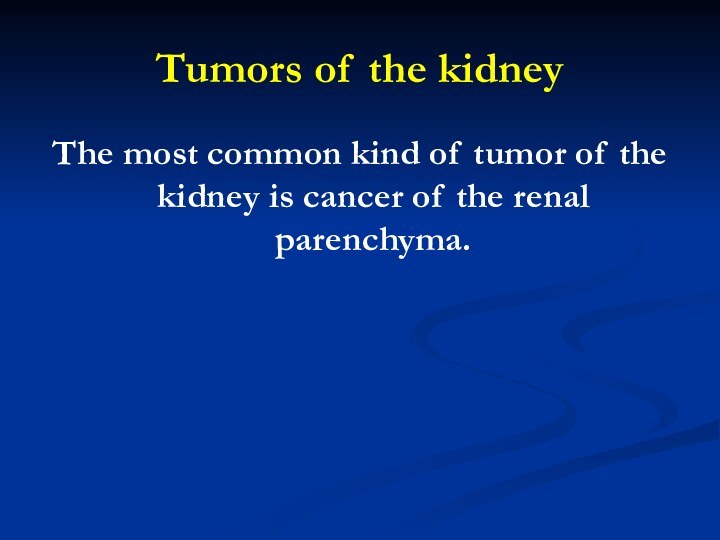

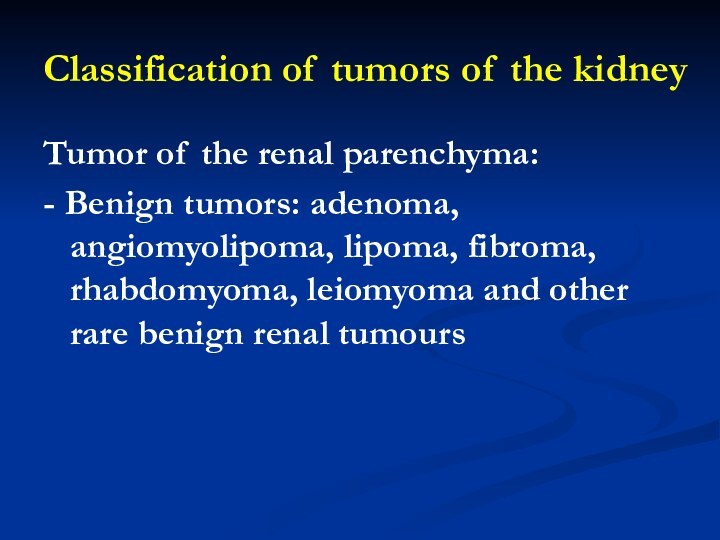
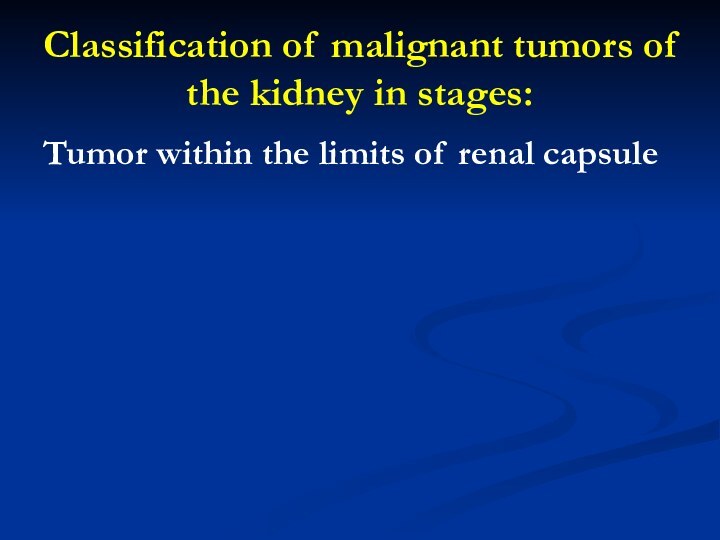
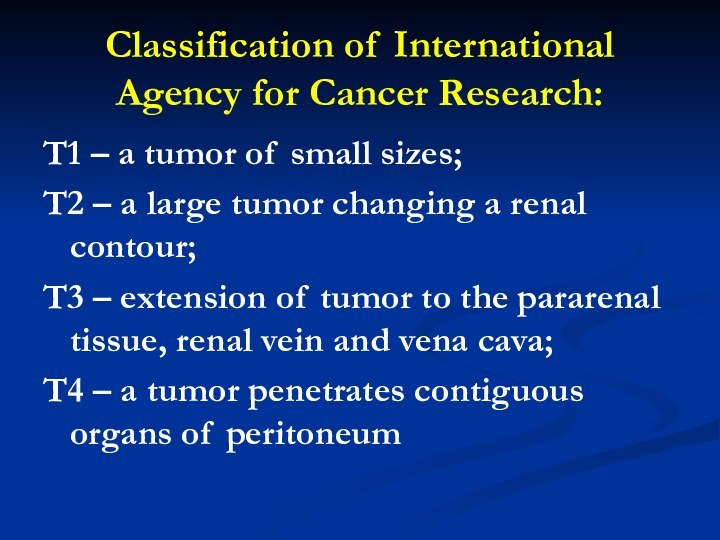
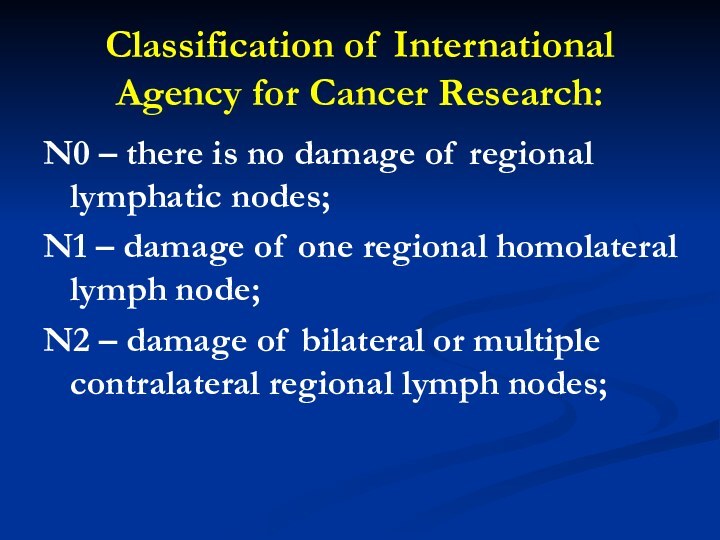
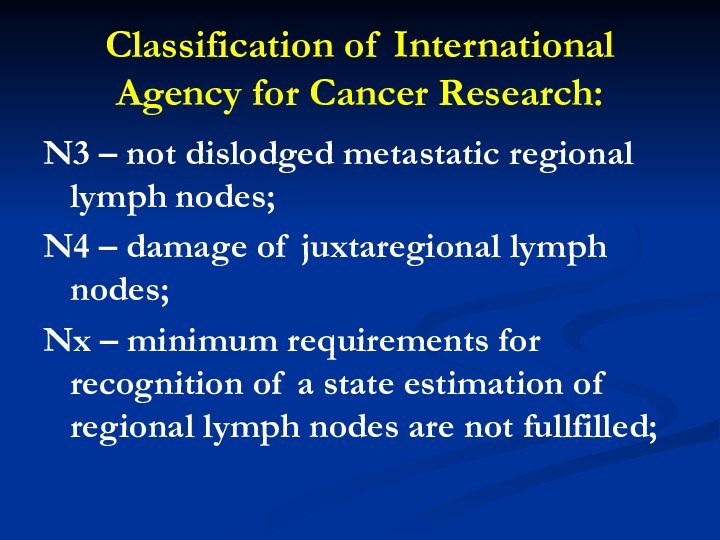
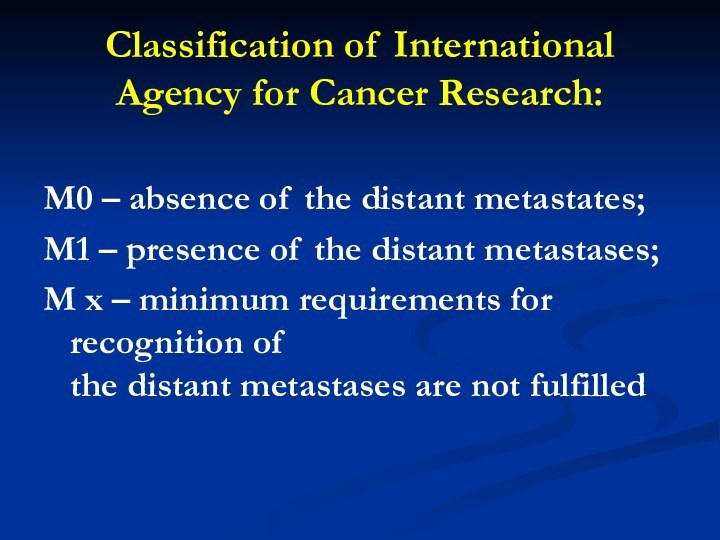
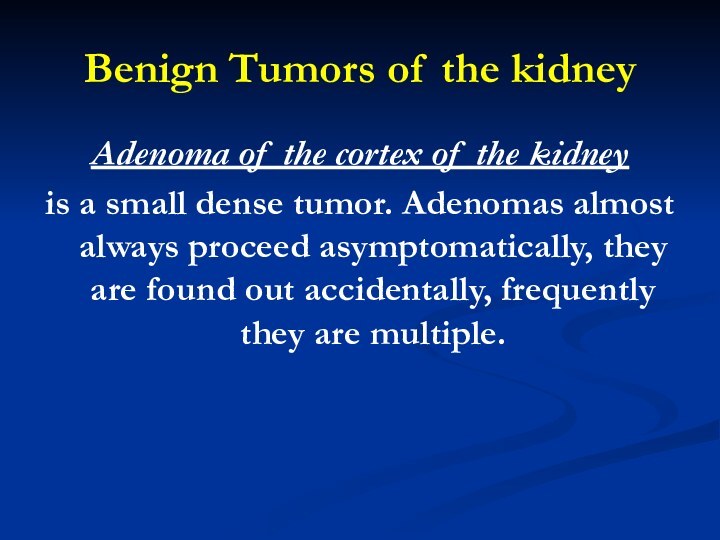



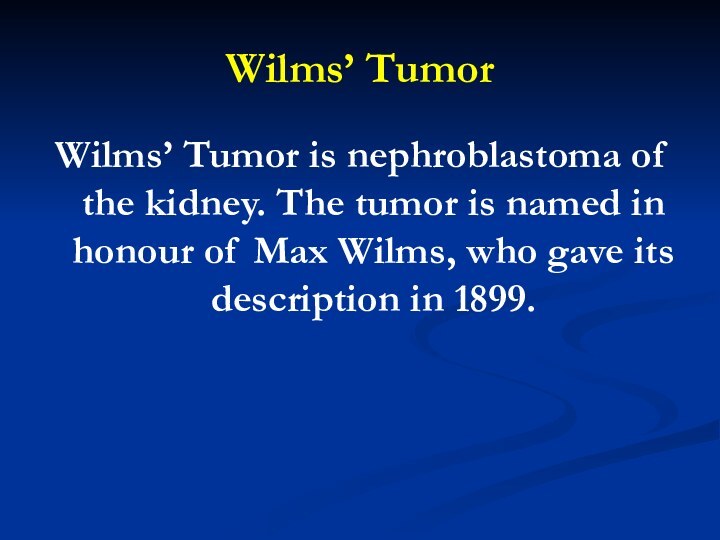
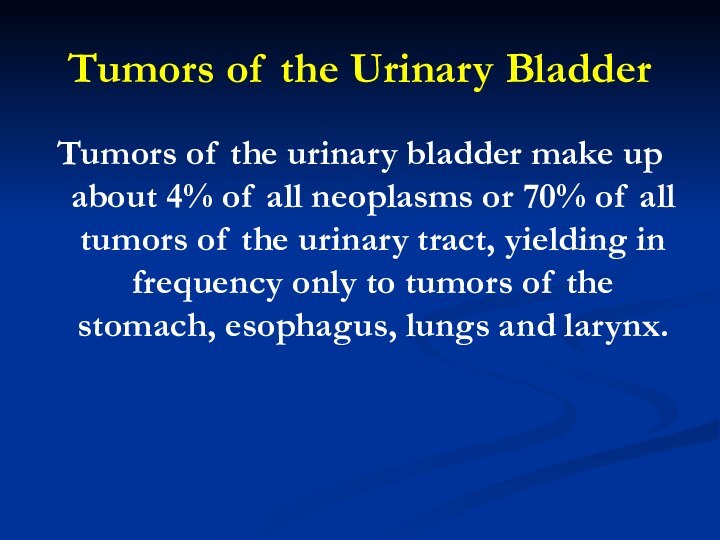
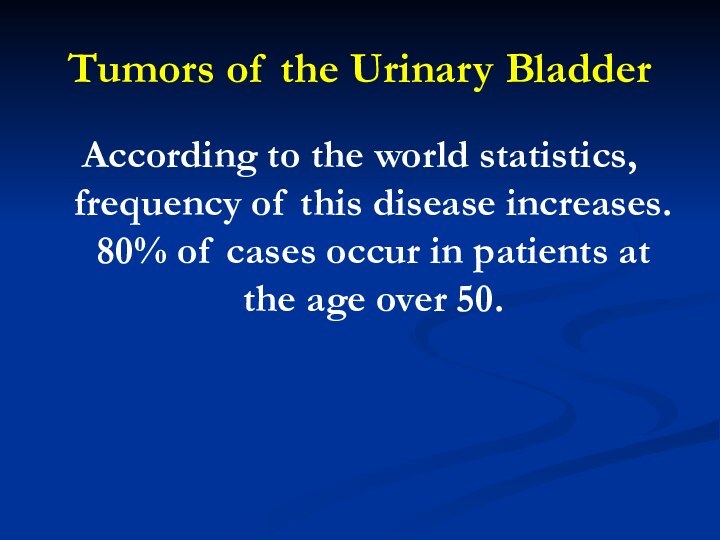
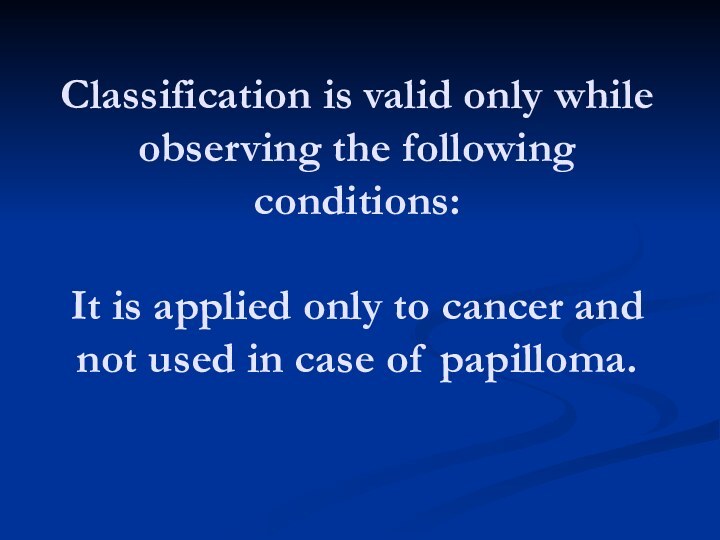
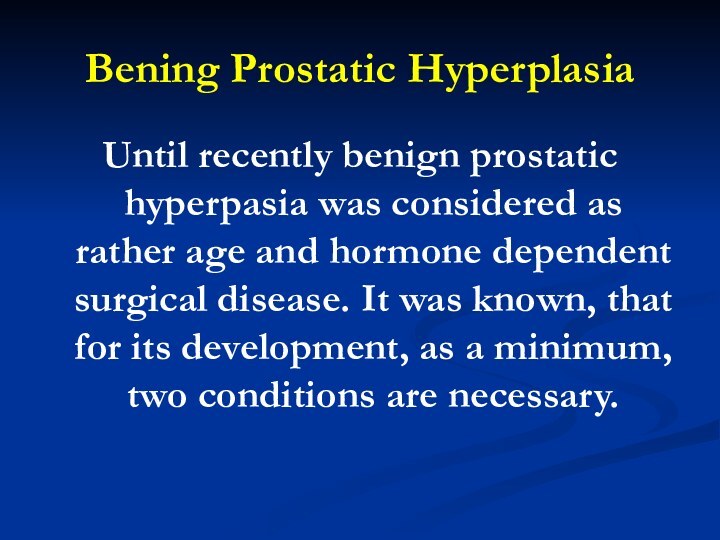

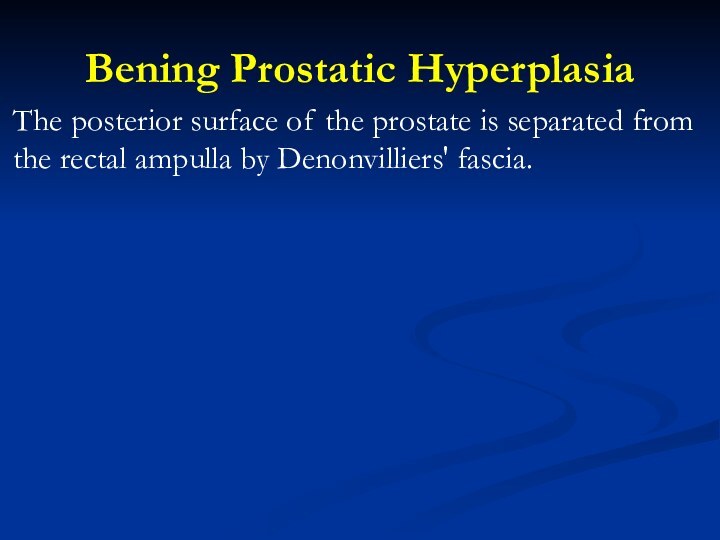
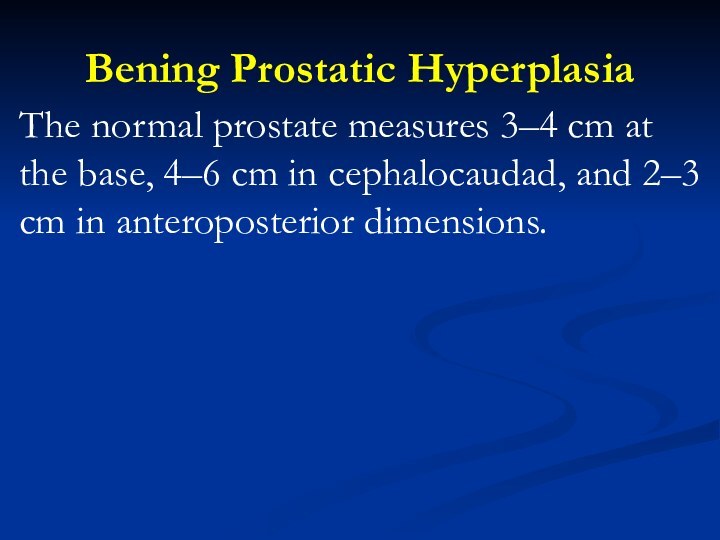

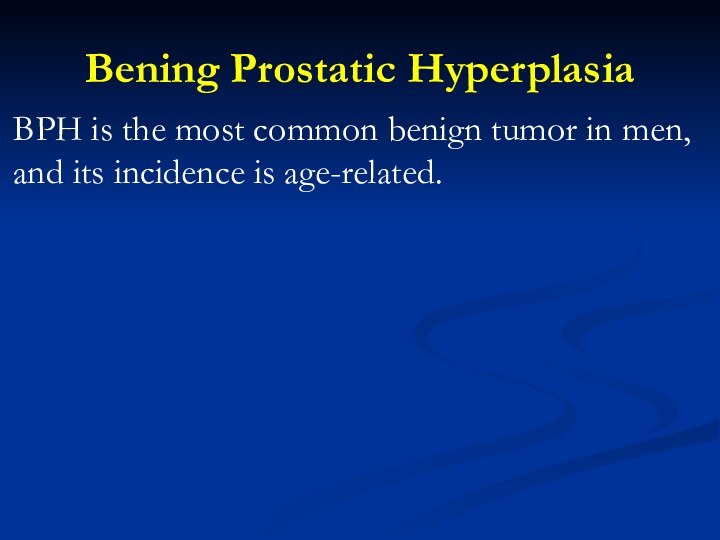
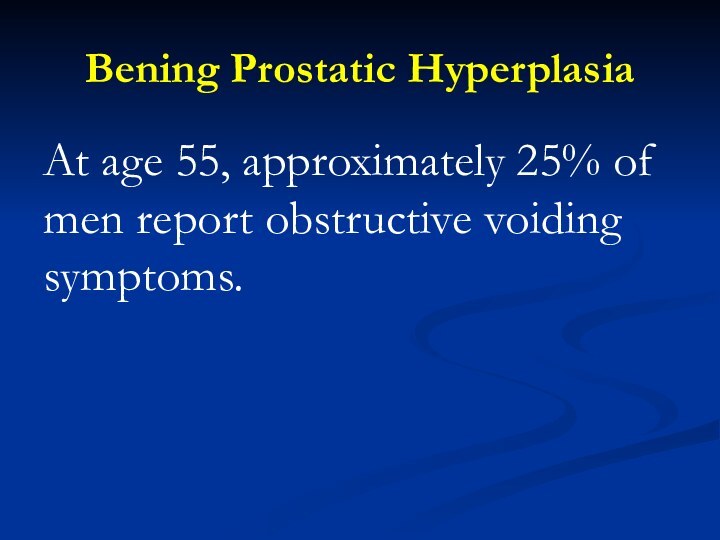
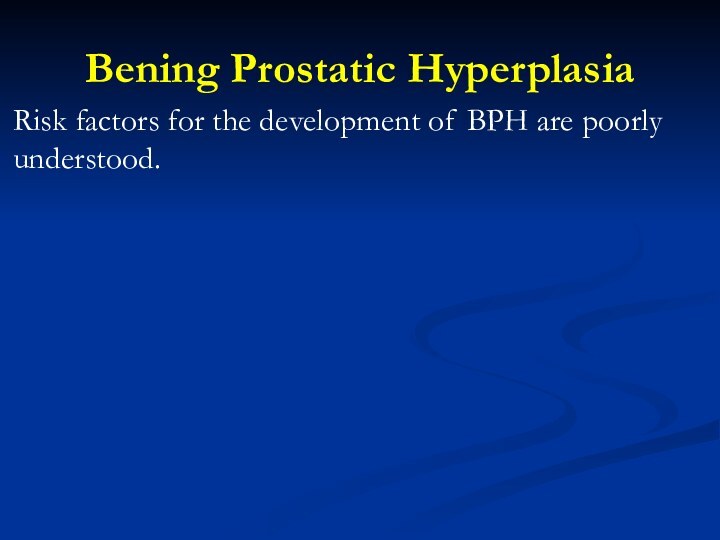

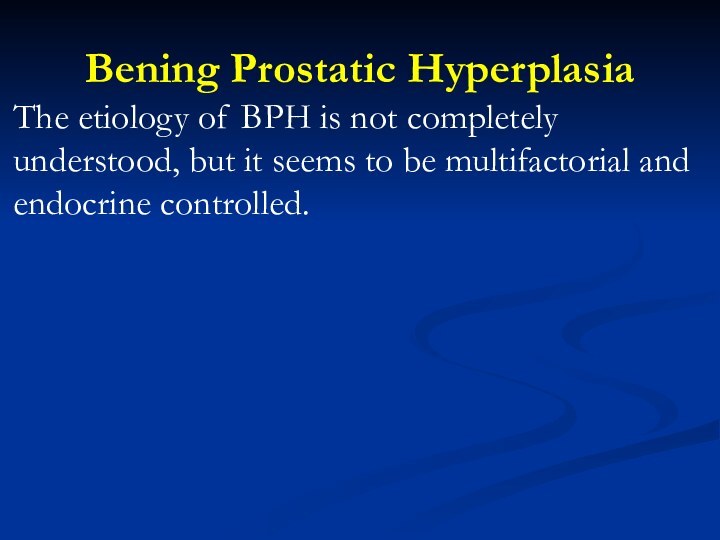
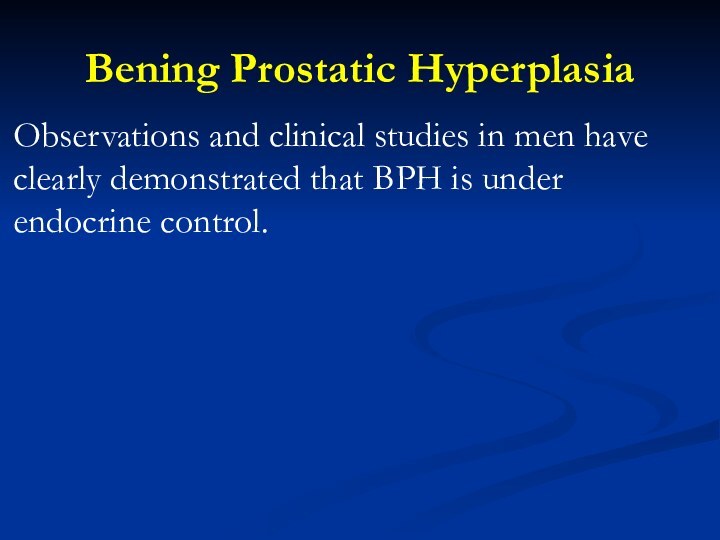
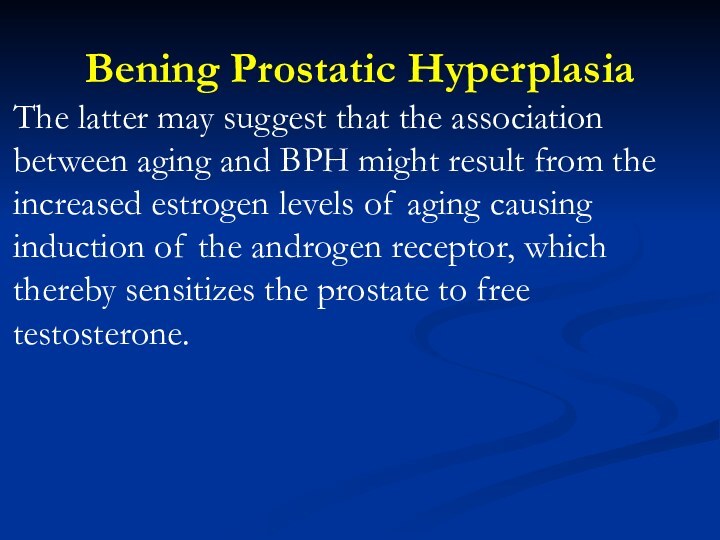

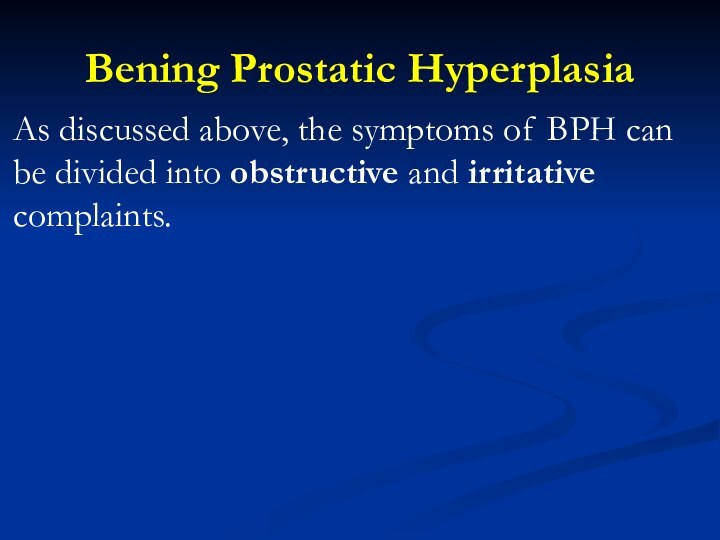
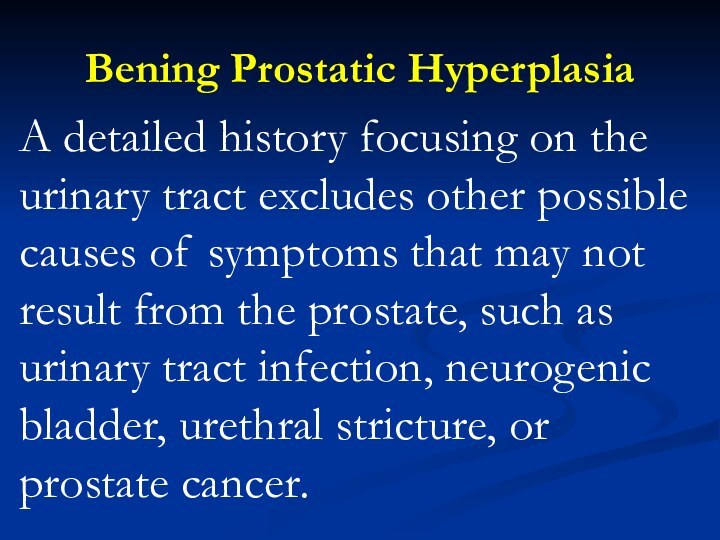

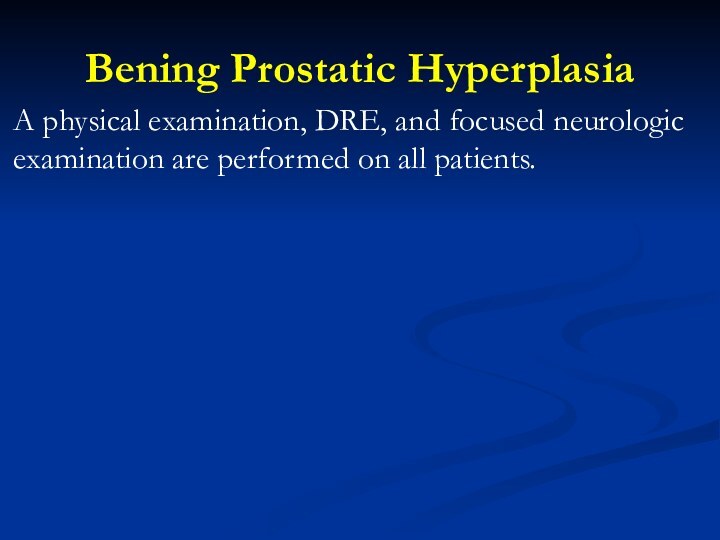
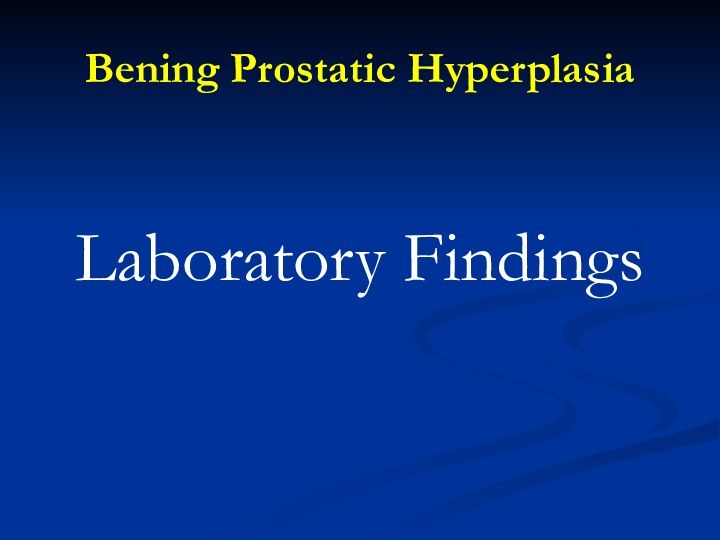



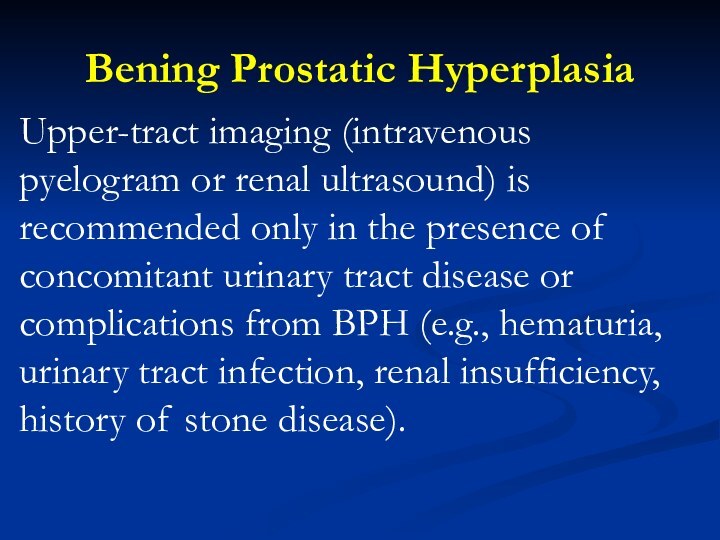

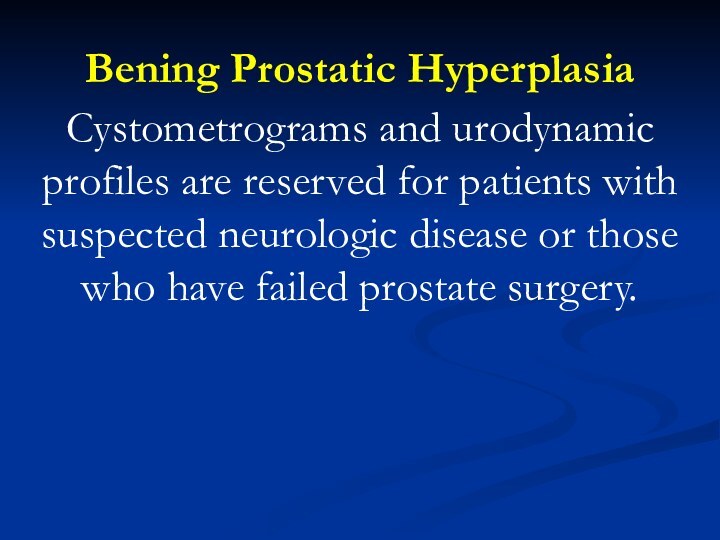

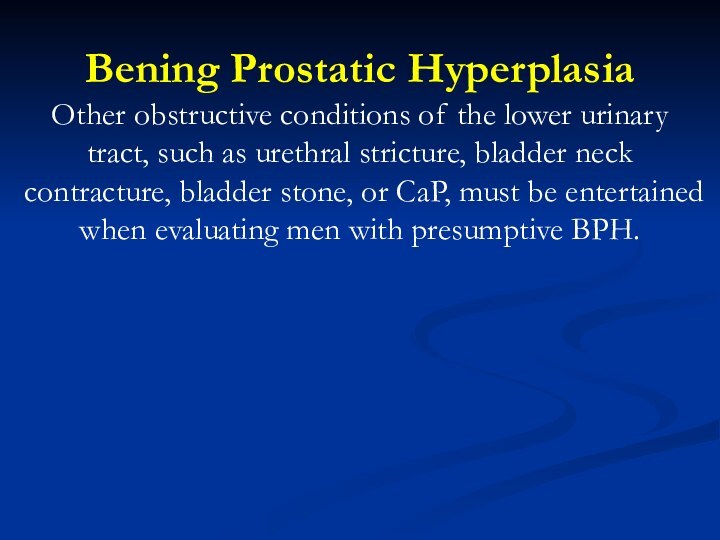
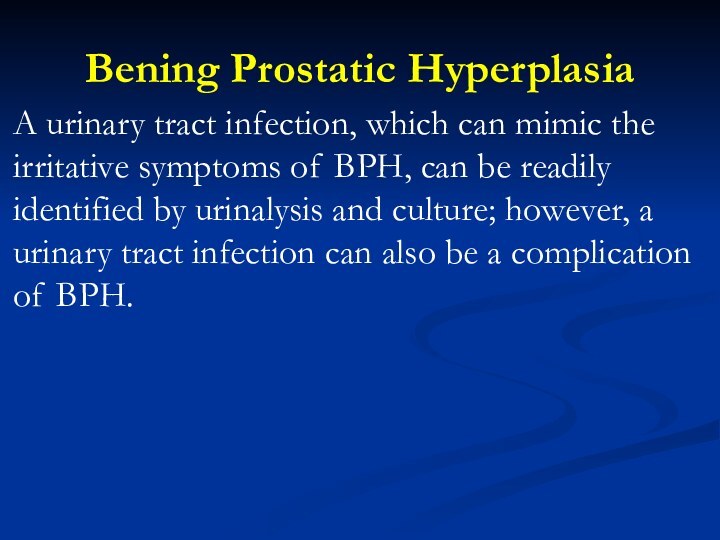
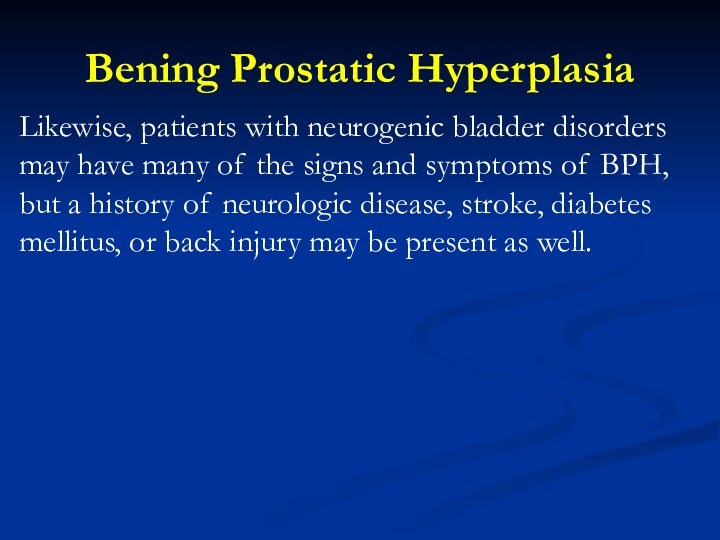






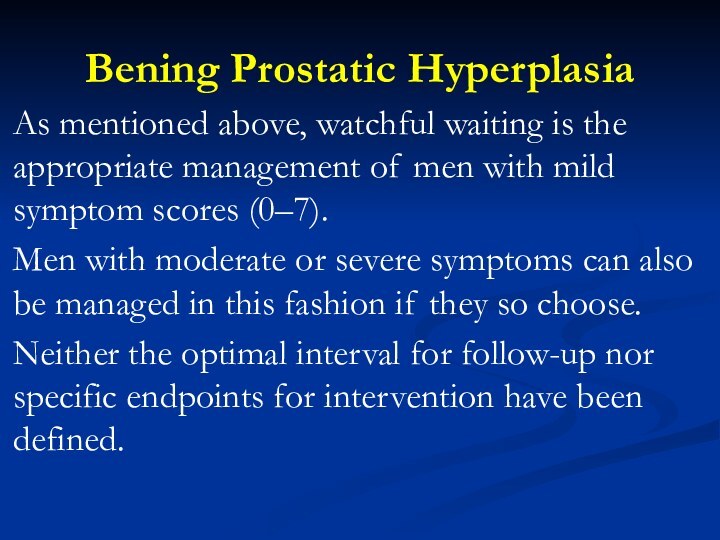

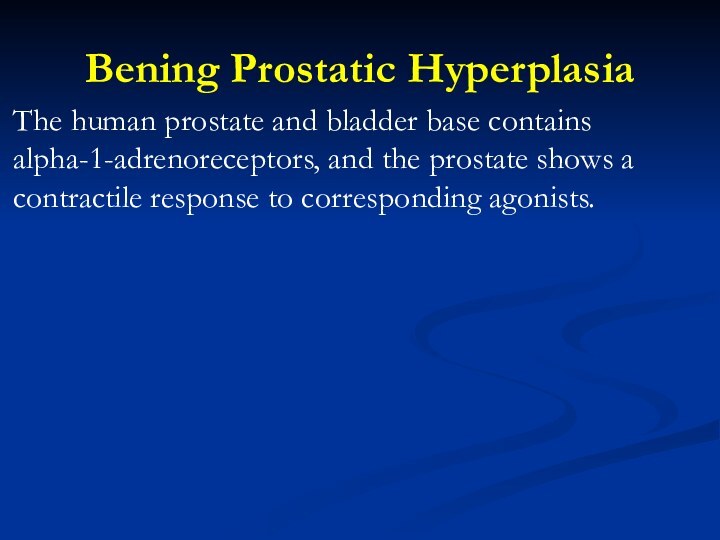

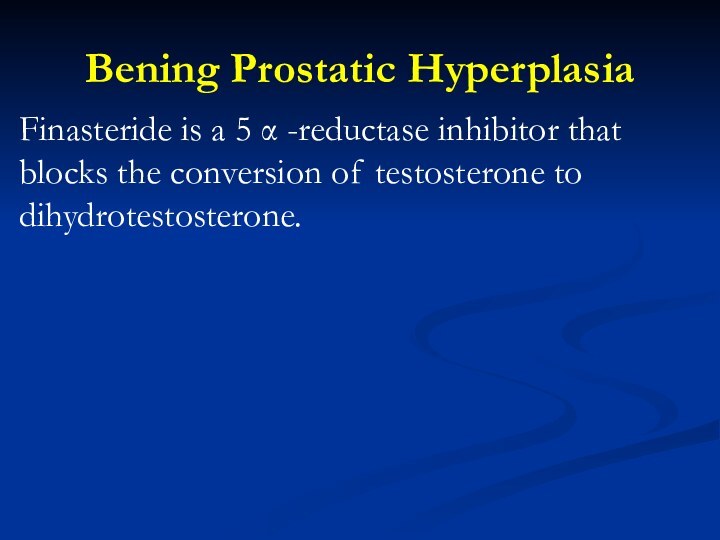





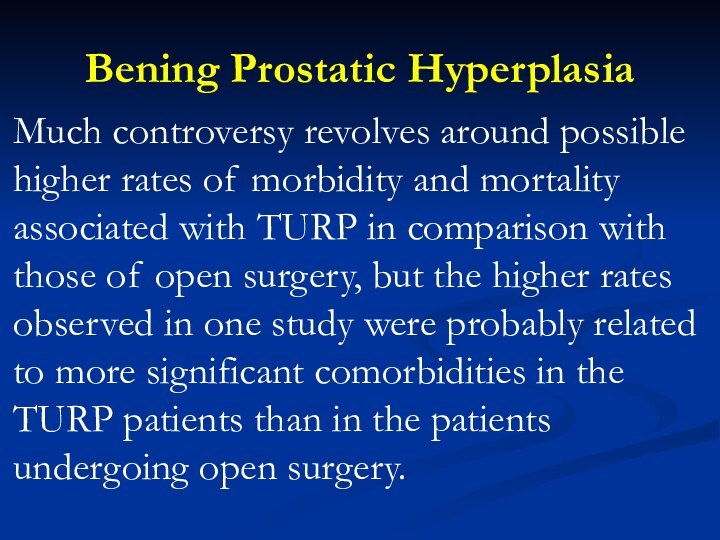
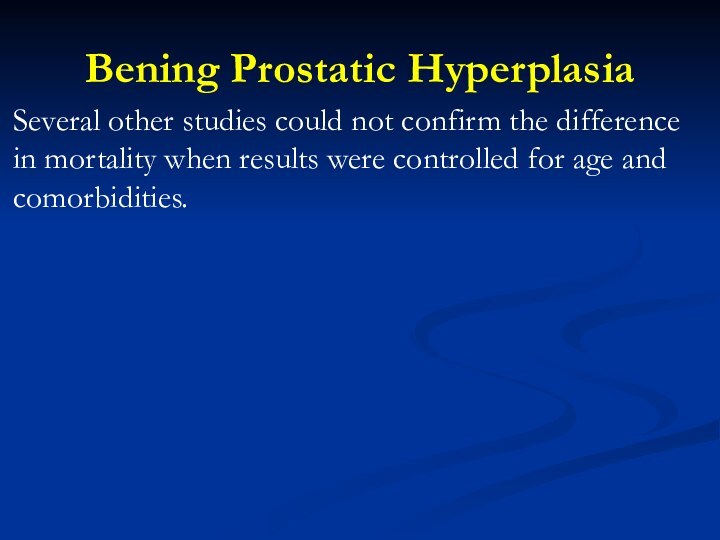
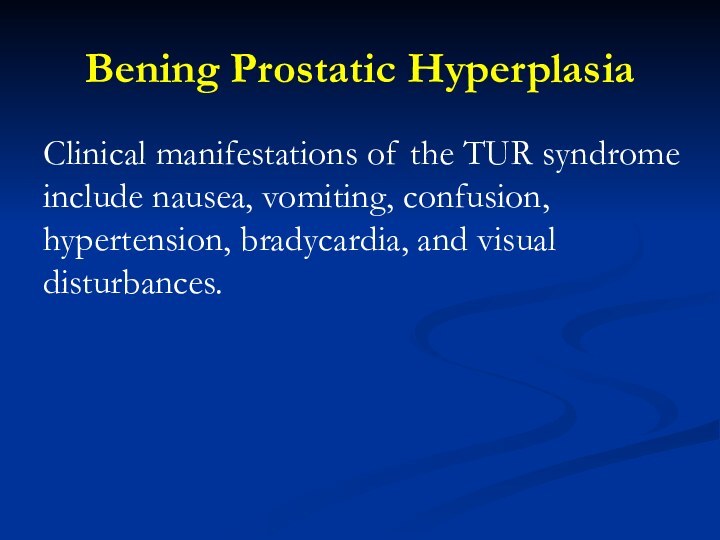
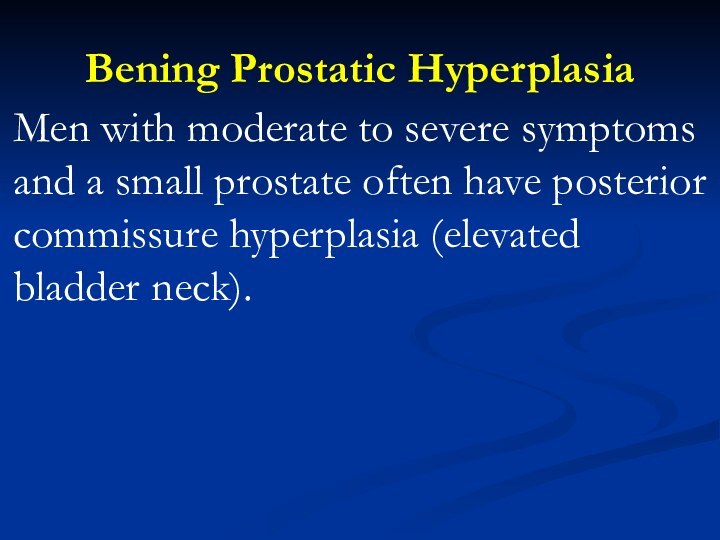
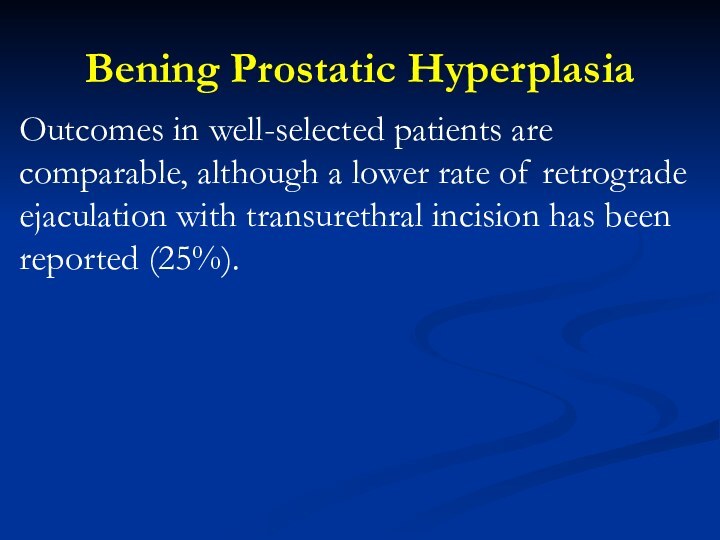

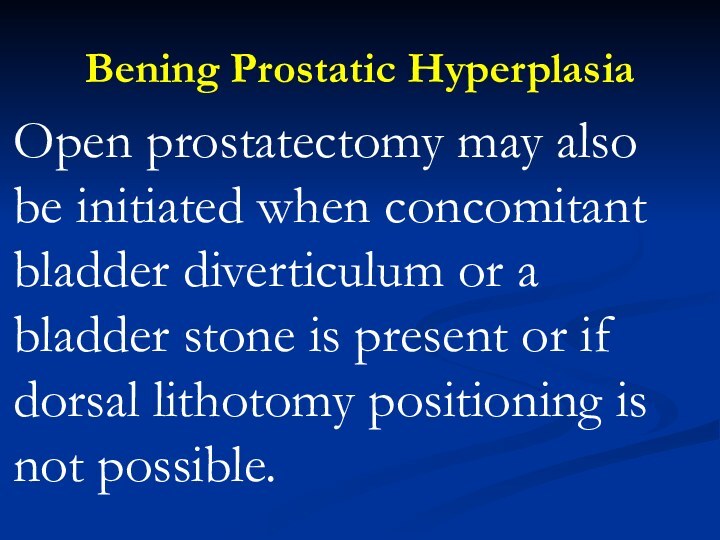

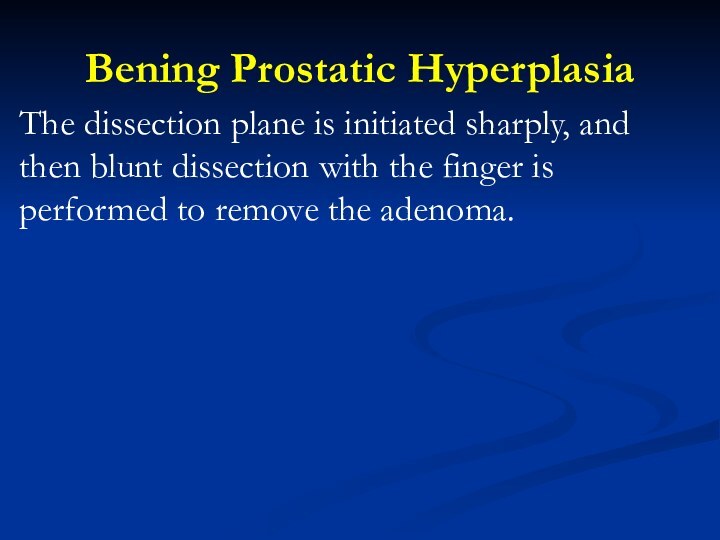
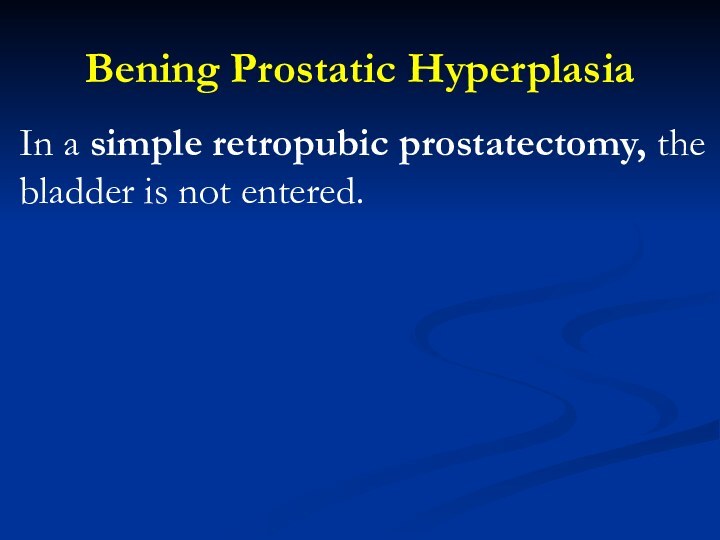

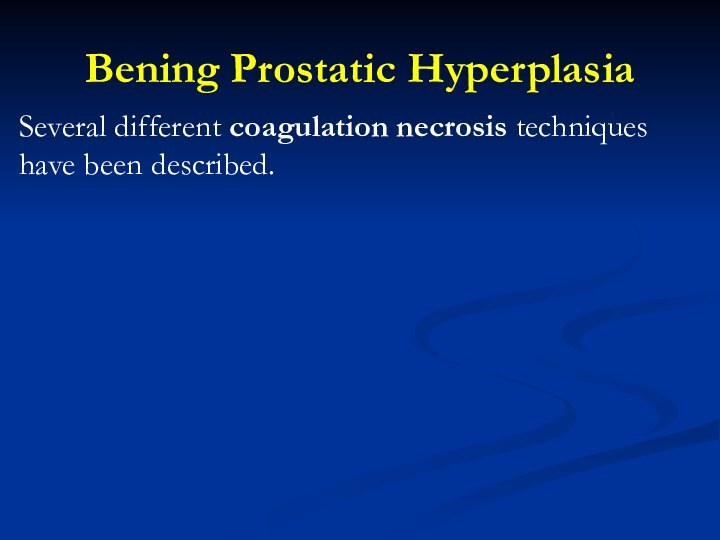
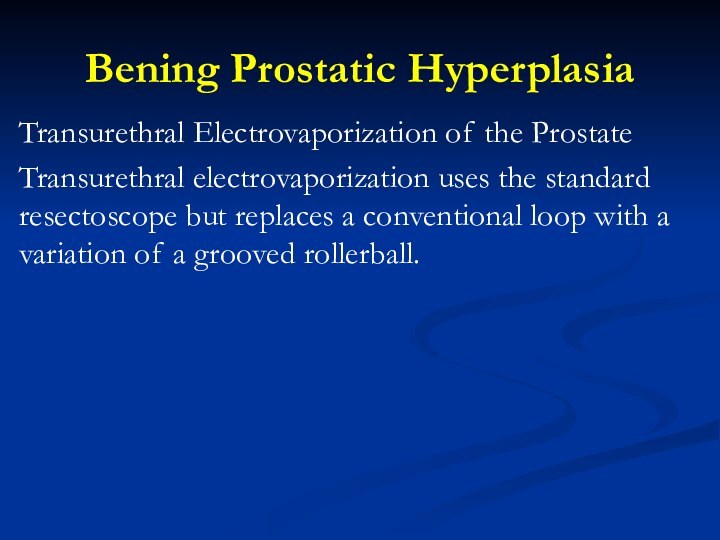
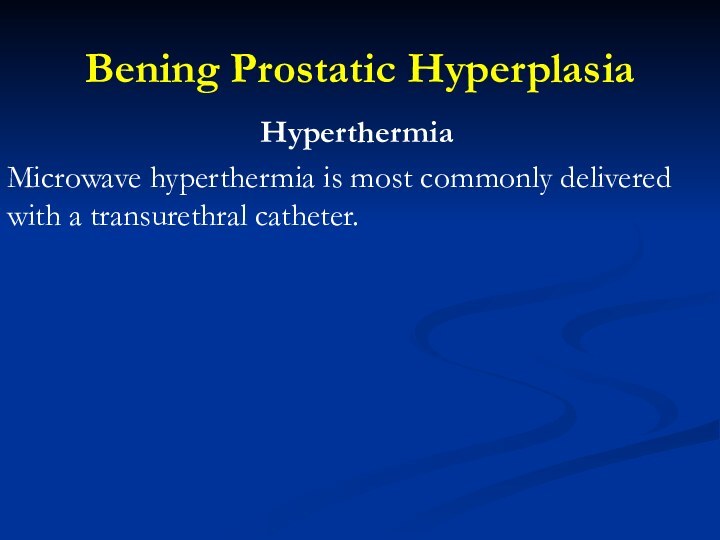


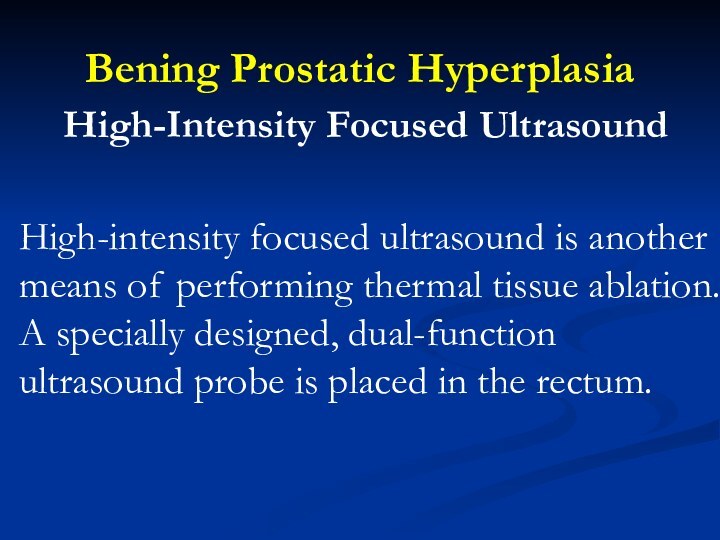
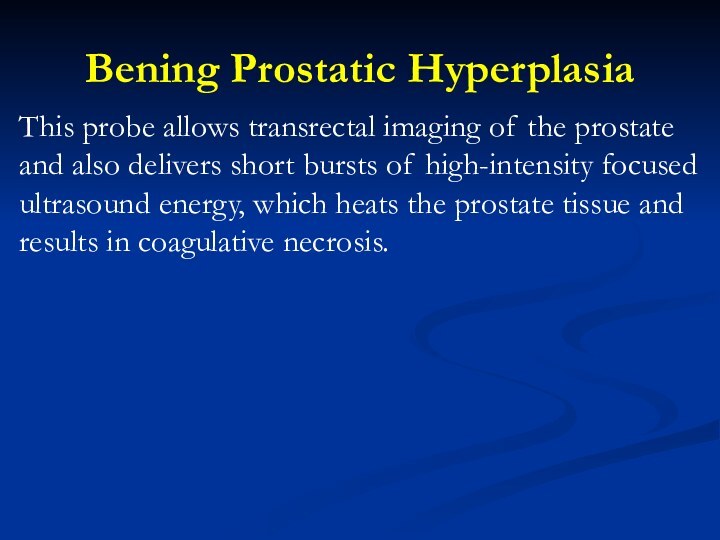
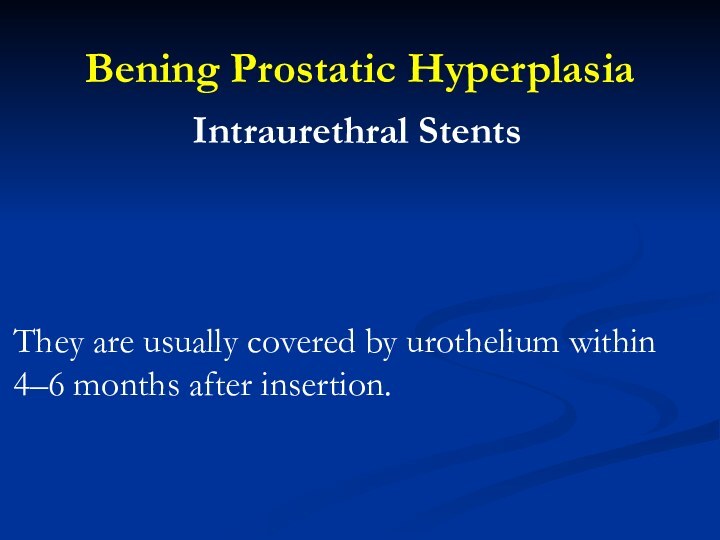


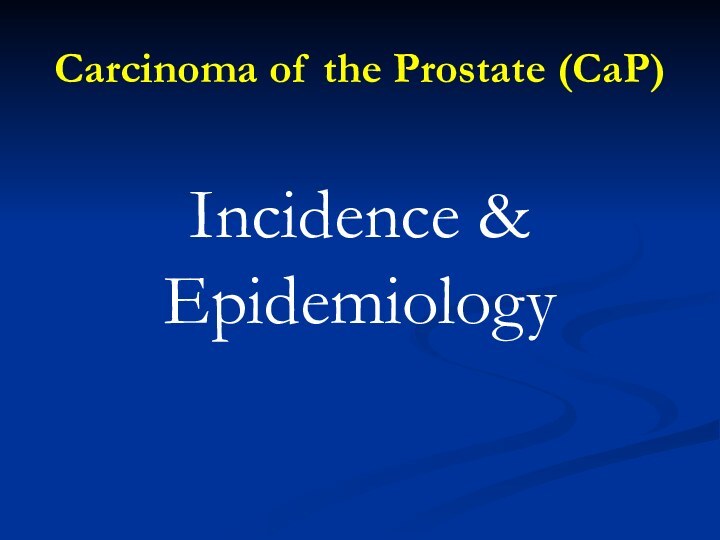
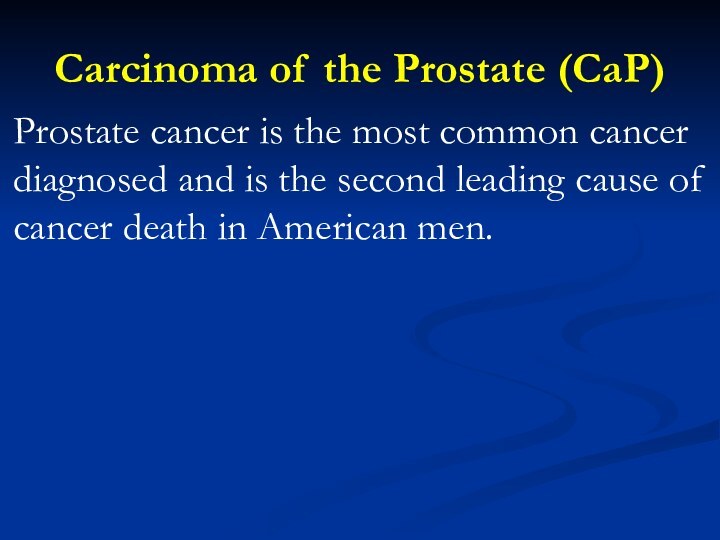
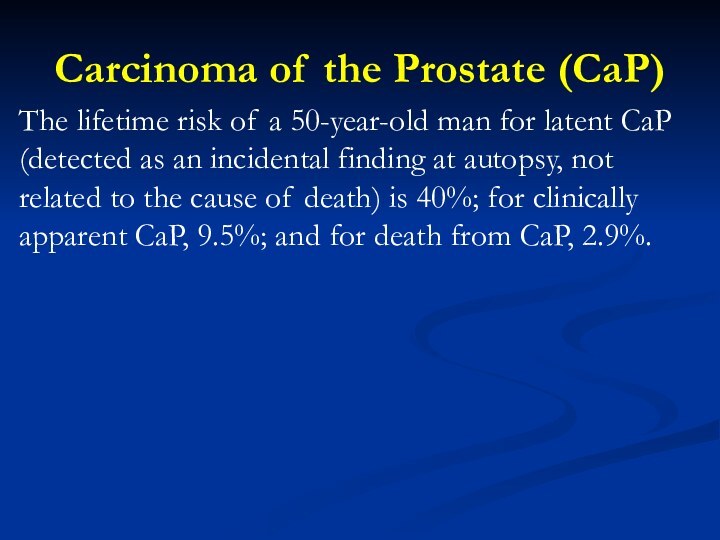
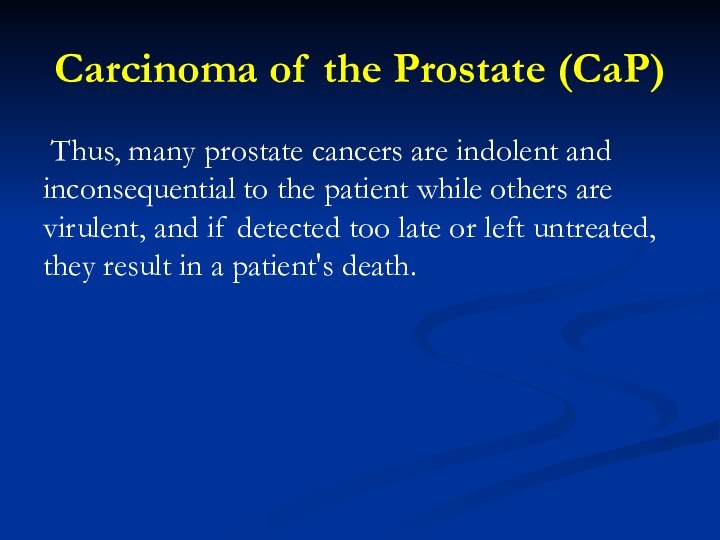
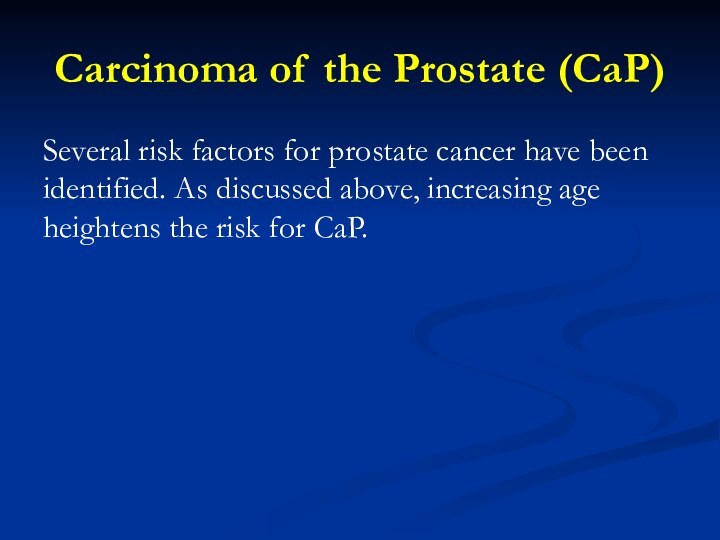
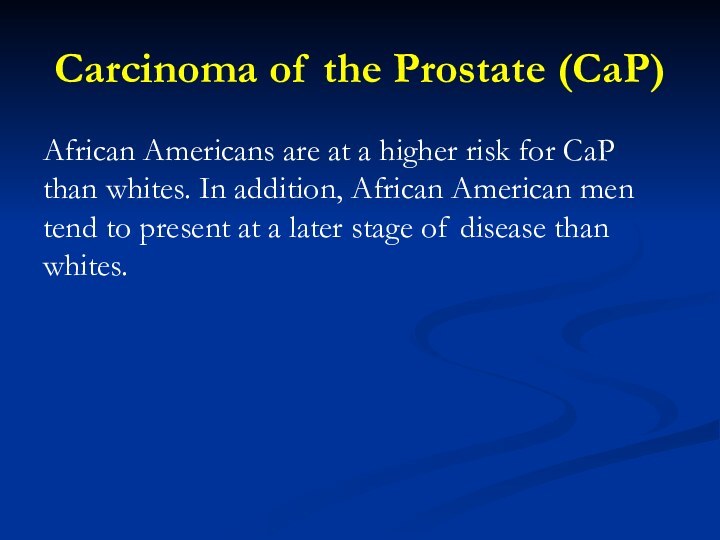
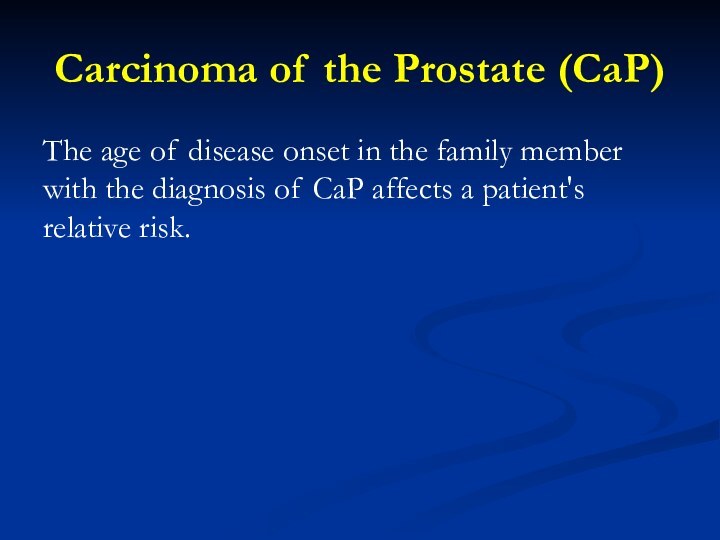
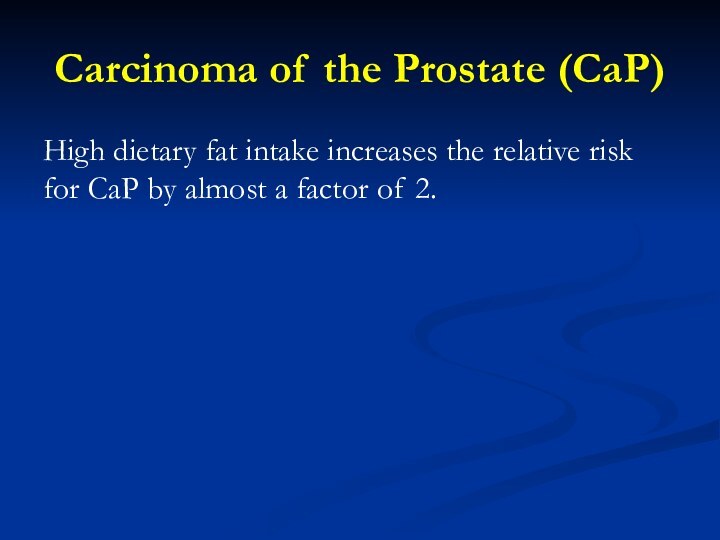
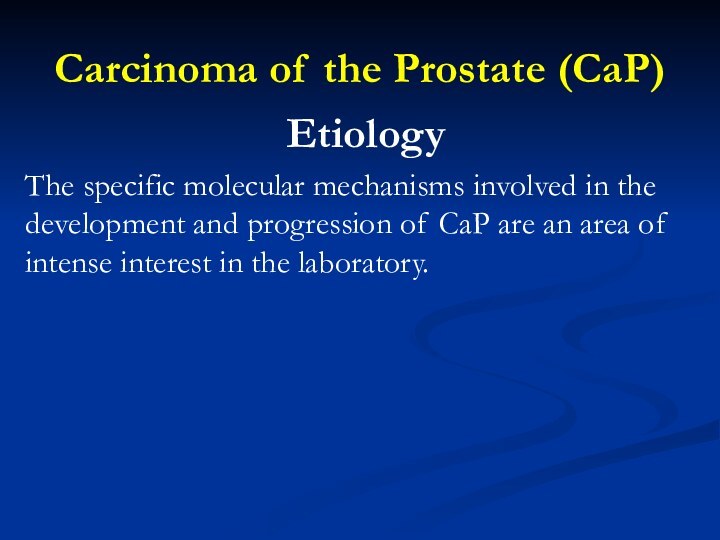
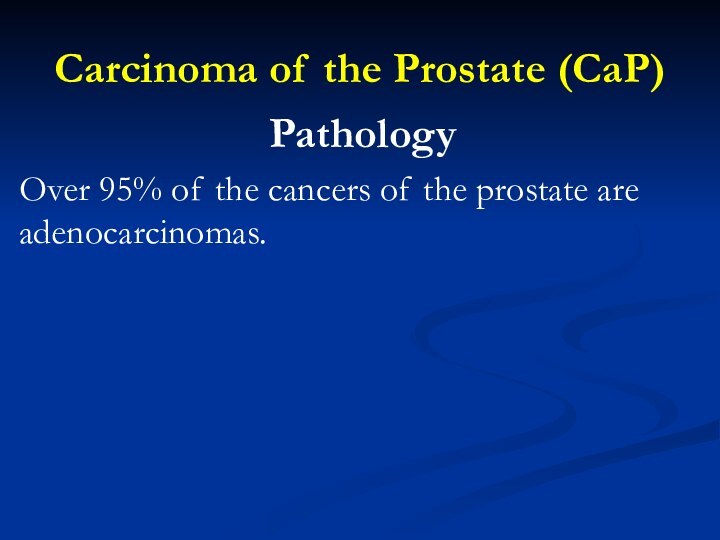
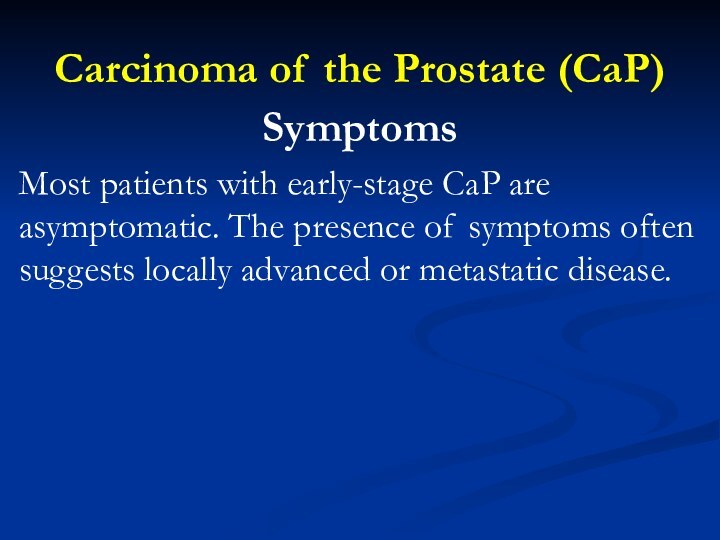
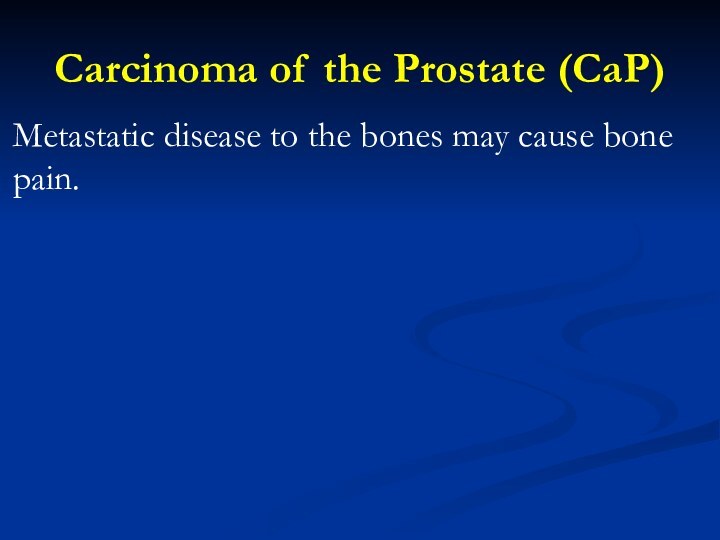
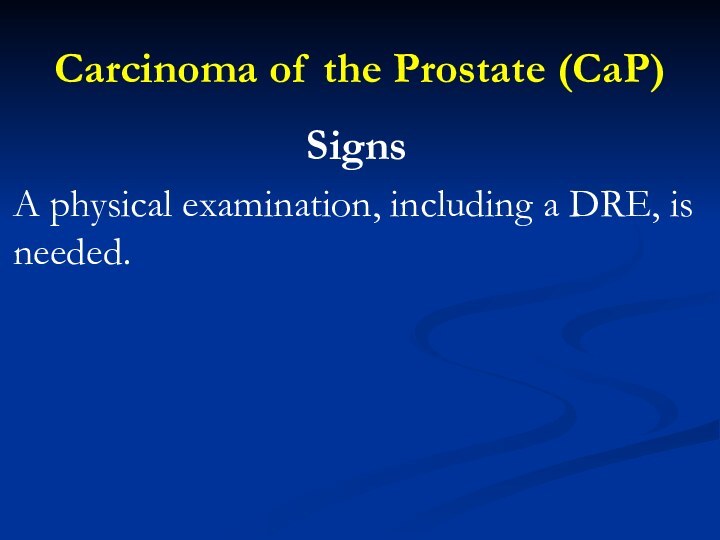
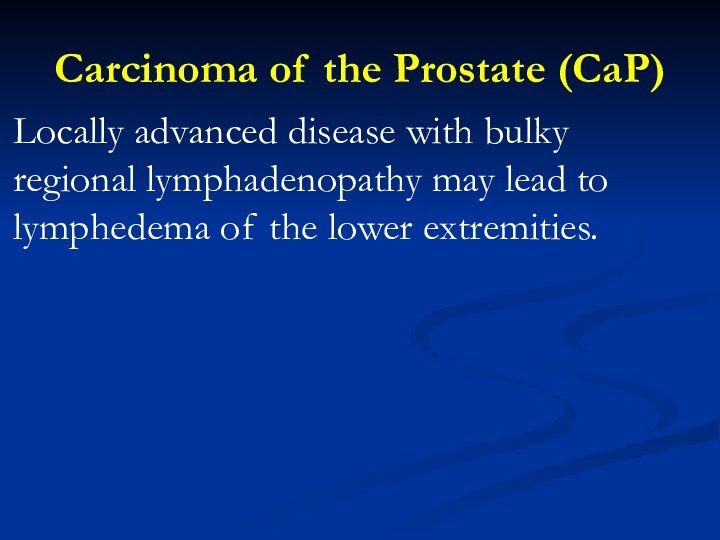
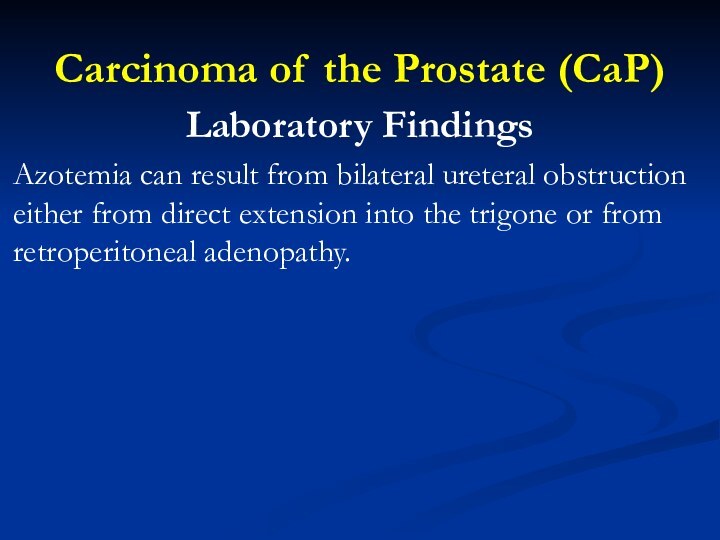
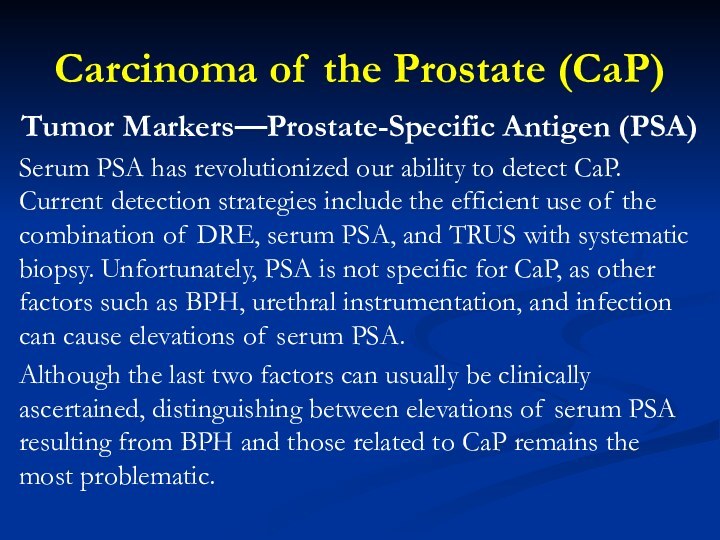
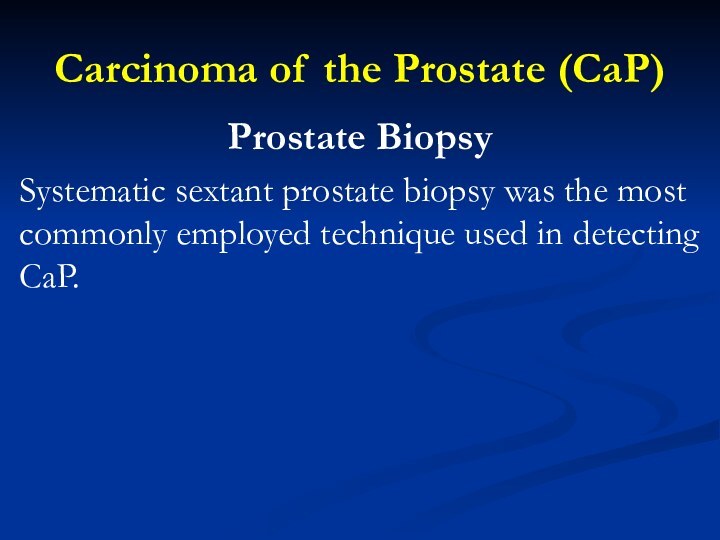
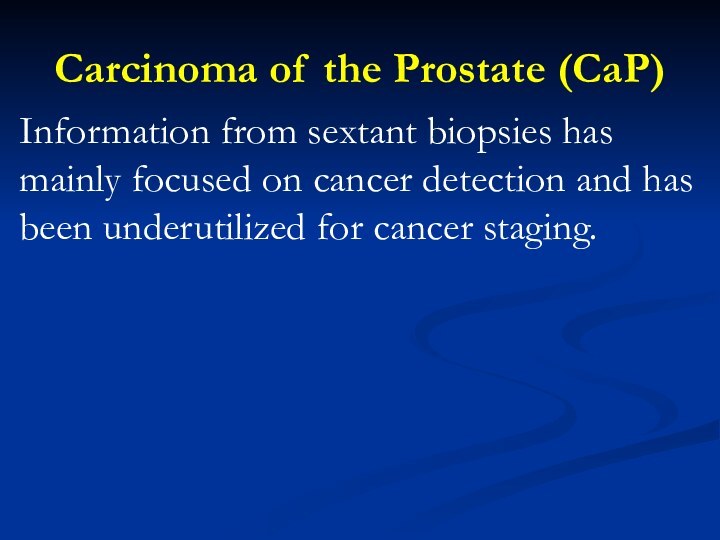
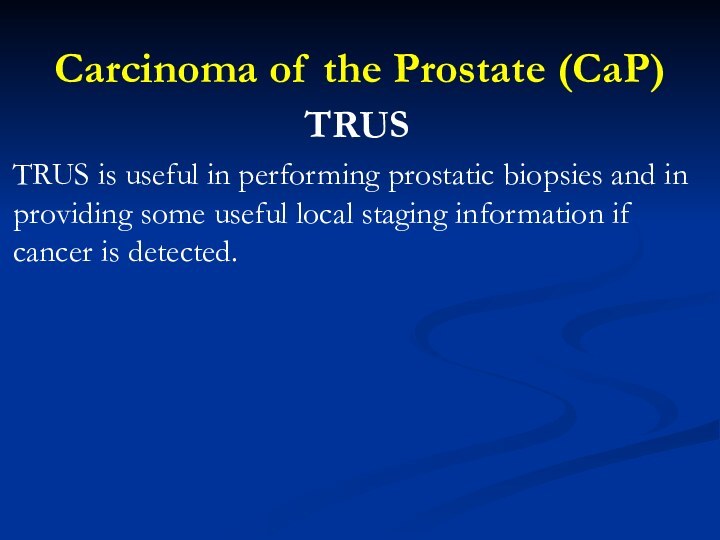
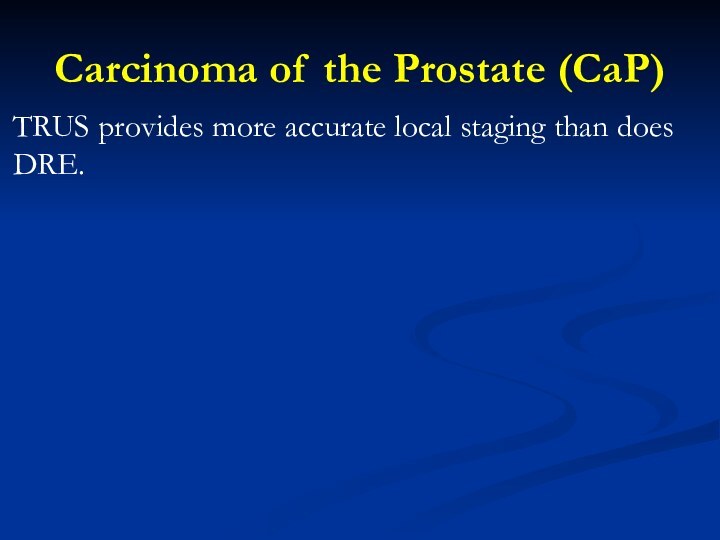
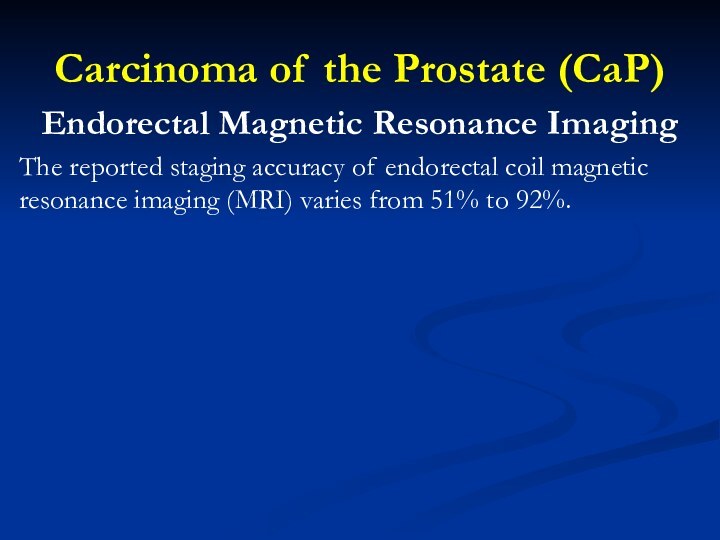
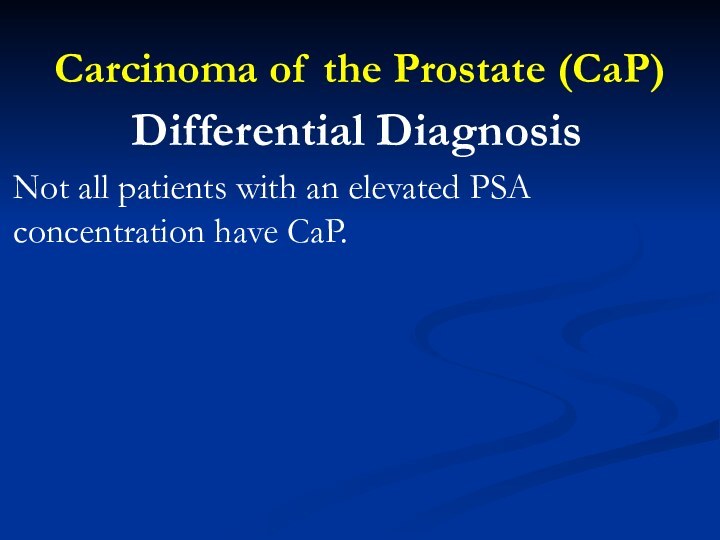
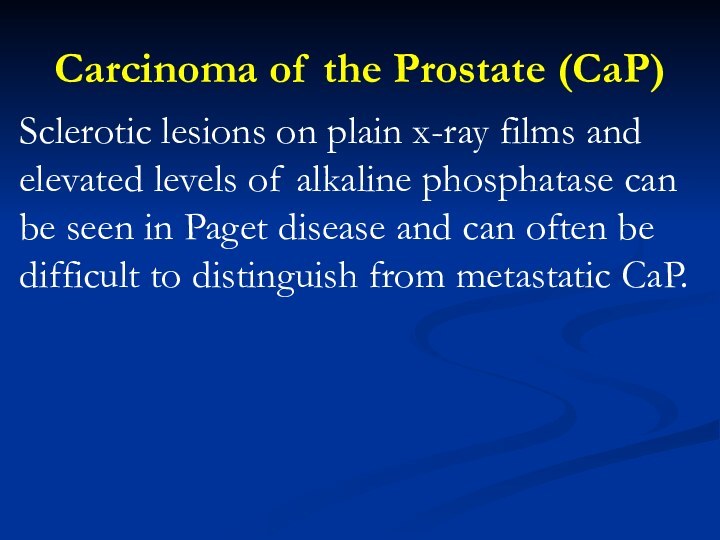
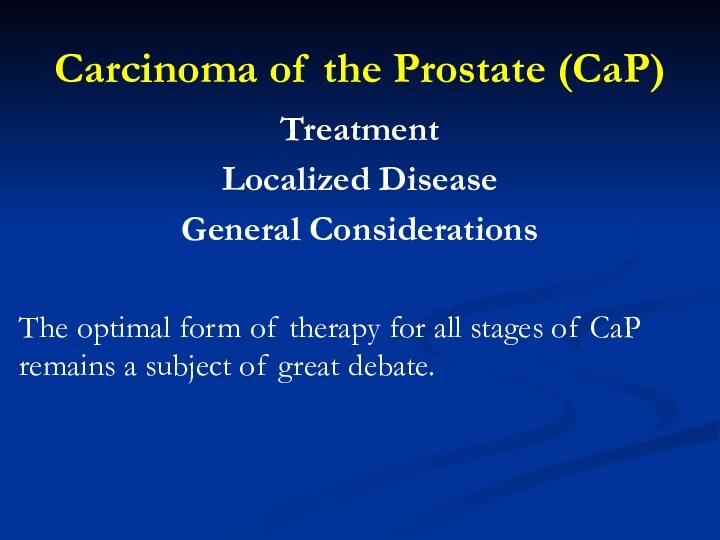
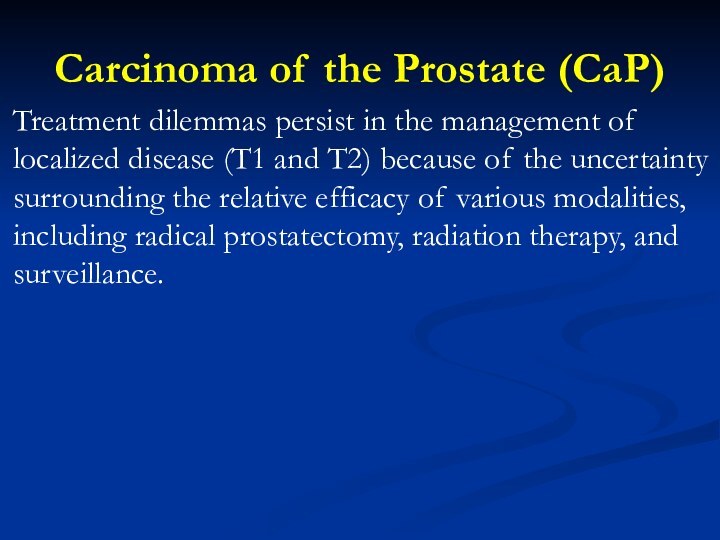
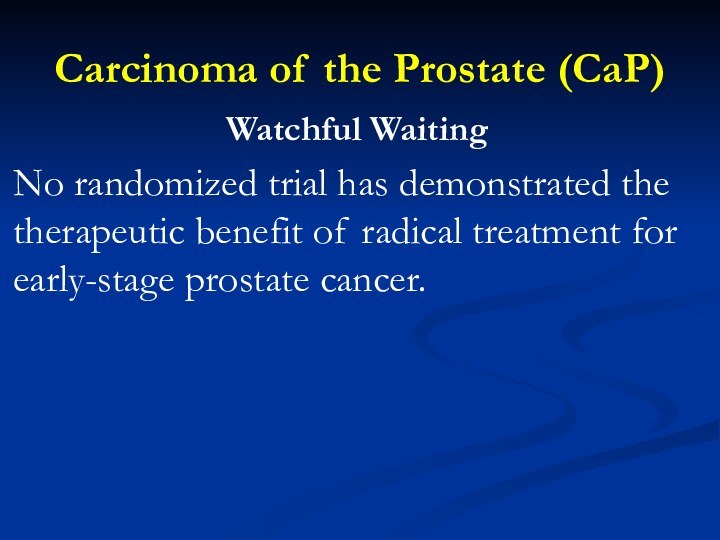
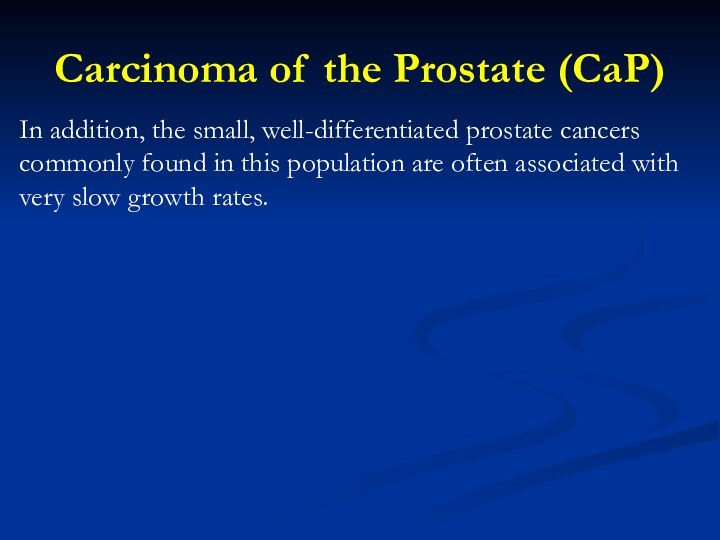
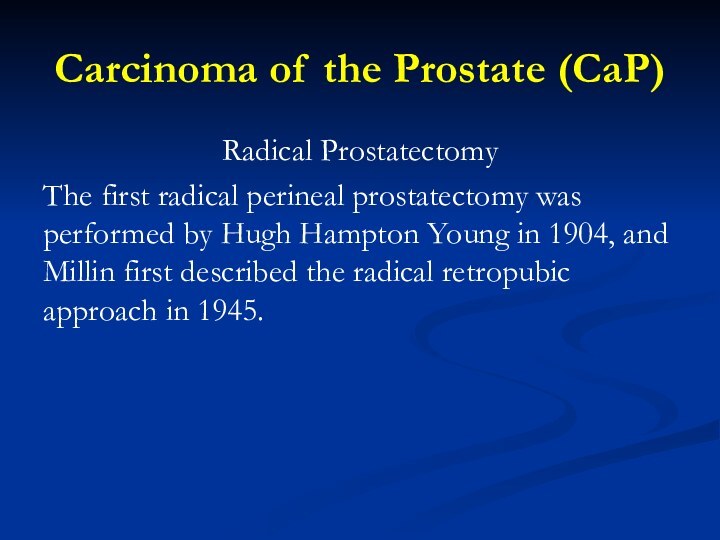
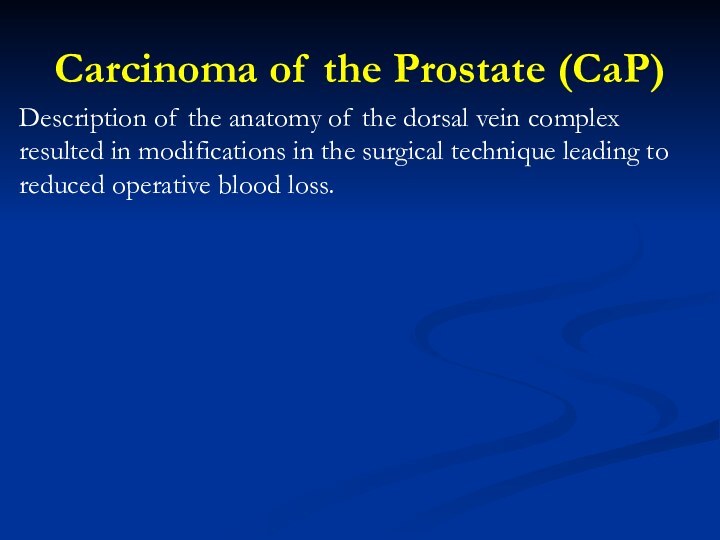
Слайд 4
Tumors of the kidney
The tumors of the kidney
in adults make up 2-3% of the number of
all neoplasm. Men suffer more often than woman.
Слайд 5
Classification of tumors of the kidney
Tumor of the
renal parenchyma:
- Benign tumors: adenoma, angiomyolipoma, lipoma, fibroma, rhabdomyoma,
leiomyoma and other rare benign renal tumoursСлайд 6 Classification of malignant tumors of the kidney in
stages:
Tumor within the limits of renal capsule
Слайд 7
Classification of International Agency for Cancer Research:
T1 –
a tumor of small sizes;
T2 – a large tumor
changing a renal contour;T3 – extension of tumor to the pararenal tissue, renal vein and vena cava;
T4 – a tumor penetrates contiguous organs of peritoneum
Слайд 8
Classification of International Agency for Cancer Research:
N0 –
there is no damage of regional lymphatic nodes;
N1 –
damage of one regional homolateral lymph node;N2 – damage of bilateral or multiple contralateral regional lymph nodes;
Слайд 9
Classification of International Agency for Cancer Research:
N3 –
not dislodged metastatic regional lymph nodes;
N4 – damage of
juxtaregional lymph nodes;Nx – minimum requirements for recognition of a state estimation of regional lymph nodes are not fullfilled;
Слайд 10
Classification of International Agency for Cancer Research:
M0 – absence of the distant metastates;
M1 – presence
of the distant metastases;M x – minimum requirements for recognition of the distant metastases are not fulfilled
Слайд 11
Benign Tumors of the kidney
Adenoma of the cortex
of the kidney
is a small dense tumor. Adenomas
almost always proceed asymptomatically, they are found out accidentally, frequently they are multiple.
Слайд 12
Benign Tumors of the kidney
Oncocytomas
are spherical, distinctly
limited formations that may contain radial cicatrix posed in
the center.
Слайд 13
Benign Tumors of the kidney
Angiomyolipomas.
These tumors consist
of blood vessels, muscular elements and fatty tissues. They
arise more often and develop almost exclusively in adult women.
Слайд 15
Wilms’ Tumor
Wilms’ Tumor is nephroblastoma of the kidney.
The tumor is named in honour of Max Wilms,
who gave its description in 1899.
Слайд 16
Tumors of the Urinary Bladder
Tumors of the urinary
bladder make up about 4% of all neoplasms or
70% of all tumors of the urinary tract, yielding in frequency only to tumors of the stomach, esophagus, lungs and larynx.
Слайд 17
Tumors of the Urinary Bladder
According to the world
statistics, frequency of this disease increases. 80% of cases
occur in patients at the age over 50.Слайд 18 Classification is valid only while observing the following
conditions: It is applied only to cancer and not used
in case of papilloma.
Слайд 19
Bening Prostatic Hyperplasia
Until recently benign prostatic hyperpasia was
considered as rather age and hormone dependent surgical disease.
It was known, that for its development, as a minimum, two conditions are necessary.
Слайд 20
Bening Prostatic Hyperplasia
The prostate gland is the male
organ most commonly afflicted with either benign or malignant
neoplasms.
Слайд 21
Bening Prostatic Hyperplasia
The posterior surface of the prostate
is separated from the rectal ampulla by Denonvilliers' fascia.
Слайд 22
Bening Prostatic Hyperplasia
The normal prostate measures 3–4 cm
at the base, 4–6 cm in cephalocaudad, and 2–3
cm in anteroposterior dimensions.
Слайд 24
Bening Prostatic Hyperplasia
BPH is the most common benign
tumor in men, and its incidence is age-related.
Слайд 25
Bening Prostatic Hyperplasia
At age 55, approximately 25% of
men report obstructive voiding symptoms.
Слайд 28
Bening Prostatic Hyperplasia
The etiology of BPH is not
completely understood, but it seems to be multifactorial and
endocrine controlled.
Слайд 29
Bening Prostatic Hyperplasia
Observations and clinical studies in men
have clearly demonstrated that BPH is under endocrine control.
Слайд 30
Bening Prostatic Hyperplasia
The latter may suggest that the
association between aging and BPH might result from the
increased estrogen levels of aging causing induction of the androgen receptor, which thereby sensitizes the prostate to free testosterone.
Слайд 32
Bening Prostatic Hyperplasia
As discussed above, the symptoms of
BPH can be divided into obstructive and irritative complaints.
Слайд 33
Bening Prostatic Hyperplasia
A detailed history focusing on the
urinary tract excludes other possible causes of symptoms that
may not result from the prostate, such as urinary tract infection, neurogenic bladder, urethral stricture, or prostate cancer.
Слайд 35
Bening Prostatic Hyperplasia
A physical examination, DRE, and focused
neurologic examination are performed on all patients.
Слайд 37
Bening Prostatic Hyperplasia
A urinalysis to exclude infection or
hematuria and serum creatinine measurement to assess renal function
are required.
Слайд 38
Bening Prostatic Hyperplasia
Serum PSA is considered optional, but
most physicians will include it in the initial evaluation.
Слайд 40
Bening Prostatic Hyperplasia
Upper-tract imaging (intravenous pyelogram or renal
ultrasound) is recommended only in the presence of concomitant
urinary tract disease or complications from BPH (e.g., hematuria, urinary tract infection, renal insufficiency, history of stone disease).
Слайд 41
Bening Prostatic Hyperplasia
Cystoscopy is not recommended to determine
the need for treatment but may assist in choosing
the surgical approach in patients opting for invasive therapy.
Слайд 42
Bening Prostatic Hyperplasia
Cystometrograms and urodynamic profiles are reserved
for patients with suspected neurologic disease or those who
have failed prostate surgery.
Слайд 44
Bening Prostatic Hyperplasia
Other obstructive conditions of the lower
urinary tract, such as urethral stricture, bladder neck contracture,
bladder stone, or CaP, must be entertained when evaluating men with presumptive BPH.
Слайд 45
Bening Prostatic Hyperplasia
A urinary tract infection, which can
mimic the irritative symptoms of BPH, can be readily
identified by urinalysis and culture; however, a urinary tract infection can also be a complication of BPH.
Слайд 46
Bening Prostatic Hyperplasia
Likewise, patients with neurogenic bladder disorders
may have many of the signs and symptoms of
BPH, but a history of neurologic disease, stroke, diabetes mellitus, or back injury may be present as well.
Слайд 48
Bening Prostatic Hyperplasia
After patients have been evaluated, they
should be informed of the various therapeutic options for
BPH. It is advisable for patients to consult with their physicians to make an educated decision on the basis of the relative efficacy and side effects of the treatment options.
Слайд 49
Bening Prostatic Hyperplasia
Specific treatment recommendations can be offered
for certain groups of patients. For those with mild
symptoms (symptom score 0–7), watchful waiting only is advised.
Слайд 51
Bening Prostatic Hyperplasia
Very few studies on the natural
history of BPH have been reported.
Слайд 52
Bening Prostatic Hyperplasia
Retrospective studies on the natural history
of BPH are inherently subject to bias, related to
patient selection and the type and extent of follow-up.
Слайд 53
Bening Prostatic Hyperplasia
As mentioned above, watchful waiting is
the appropriate management of men with mild symptom scores
(0–7).Men with moderate or severe symptoms can also be managed in this fashion if they so choose.
Neither the optimal interval for follow-up nor specific endpoints for intervention have been defined.
Слайд 55
Bening Prostatic Hyperplasia
The human prostate and bladder base
contains alpha-1-adrenoreceptors, and the prostate shows a contractile response
to corresponding agonists.
Слайд 57
Bening Prostatic Hyperplasia
Finasteride is a 5 α -reductase
inhibitor that blocks the conversion of testosterone to dihydrotestosterone.
Слайд 58
Bening Prostatic Hyperplasia
Several randomized, double-blind, placebo-controlled trials have
compared finasteride with placebo.
Слайд 59
Bening Prostatic Hyperplasia
However, optimal identification of appropriate patients
for prophylactic therapy remains to be determined.
Слайд 60
Bening Prostatic Hyperplasia
Phytotherapy refers to the use of
plants or plant extracts for medicinal purposes.
Слайд 61
Bening Prostatic Hyperplasia
Conventional Surgical Therapy
Transurethral Resection of the
Prostate (TURP)
Слайд 62
Bening Prostatic Hyperplasia
Ninety-five percent of simple prostatectomies can
be done endoscopically.
Слайд 63
Bening Prostatic Hyperplasia
Much controversy revolves around possible higher
rates of morbidity and mortality associated with TURP in
comparison with those of open surgery, but the higher rates observed in one study were probably related to more significant comorbidities in the TURP patients than in the patients undergoing open surgery.
Слайд 64
Bening Prostatic Hyperplasia
Several other studies could not confirm
the difference in mortality when results were controlled for
age and comorbidities.
Слайд 65
Bening Prostatic Hyperplasia
Clinical manifestations of the TUR syndrome
include nausea, vomiting, confusion, hypertension, bradycardia, and visual disturbances.
Слайд 66
Bening Prostatic Hyperplasia
Men with moderate to severe symptoms
and a small prostate often have posterior commissure hyperplasia
(elevated bladder neck).
Слайд 67
Bening Prostatic Hyperplasia
Outcomes in well-selected patients are comparable,
although a lower rate of retrograde ejaculation with transurethral
incision has been reported (25%).
Слайд 68
Bening Prostatic Hyperplasia
Open Simple Prostatectomy
When the prostate is
too large to be removed endoscopically, an open enucleation
is necessary.
Слайд 69
Bening Prostatic Hyperplasia
Open prostatectomy may also be initiated
when concomitant bladder diverticulum or a bladder stone is
present or if dorsal lithotomy positioning is not possible.
Слайд 70
Bening Prostatic Hyperplasia
Open prostatectomies can be done with
either a suprapubic or retropubic approach.
Слайд 71
Bening Prostatic Hyperplasia
The dissection plane is initiated sharply,
and then blunt dissection with the finger is performed
to remove the adenoma.
Слайд 72
Bening Prostatic Hyperplasia
In a simple retropubic prostatectomy, the
bladder is not entered.
Слайд 73
Bening Prostatic Hyperplasia
Minimally Invasive Therapy
Laser Therapy
Many different techniques
of laser surgery for the prostate have been described.
Two main energy sources of lasers have been utilized—Nd:YAG and holmium:YAG.
Слайд 74
Bening Prostatic Hyperplasia
Several different coagulation necrosis techniques have
been described.
Слайд 75
Bening Prostatic Hyperplasia
Transurethral Electrovaporization of the Prostate
Transurethral electrovaporization
uses the standard resectoscope but replaces a conventional loop
with a variation of a grooved rollerball.
Слайд 76
Bening Prostatic Hyperplasia
Hyperthermia
Microwave hyperthermia is most commonly delivered
with a transurethral catheter.
Слайд 77
Bening Prostatic Hyperplasia
Transurethral Needle Ablation of the Prostate
Transurethral
needle ablation uses a specially designed urethral catheter that
is passed into the urethra.
Слайд 78
Bening Prostatic Hyperplasia
This technique is not adequate treatment
for bladder neck and median lobe enlargement.
Слайд 79
Bening Prostatic Hyperplasia
High-Intensity Focused Ultrasound
High-intensity focused ultrasound is
another means of performing thermal tissue ablation. A specially
designed, dual-function ultrasound probe is placed in the rectum.
Слайд 80
Bening Prostatic Hyperplasia
This probe allows transrectal imaging of
the prostate and also delivers short bursts of high-intensity
focused ultrasound energy, which heats the prostate tissue and results in coagulative necrosis.
Слайд 81
Bening Prostatic Hyperplasia
Intraurethral Stents
They are usually covered
by urothelium within 4–6 months after insertion.
Слайд 82
Bening Prostatic Hyperplasia
These devices are typically used for
patients with limited life expectancy who are not deemed
to be appropriate candidates for surgery or anesthesia.
Слайд 83
Bening Prostatic Hyperplasia
Transurethral Balloon Dilation of the Prostate
Balloon
dilation of the prostate is performed with specially designed
catheters that enable dilation of the prostatic fossa alone or the prostatic fossa and bladder neck.
Слайд 85
Carcinoma of the Prostate (CaP)
Prostate cancer is the
most common cancer diagnosed and is the second leading
cause of cancer death in American men.
Слайд 86
Carcinoma of the Prostate (CaP)
The lifetime risk of
a 50-year-old man for latent CaP (detected as an
incidental finding at autopsy, not related to the cause of death) is 40%; for clinically apparent CaP, 9.5%; and for death from CaP, 2.9%.
Слайд 87
Carcinoma of the Prostate (CaP)
Thus, many prostate
cancers are indolent and inconsequential to the patient while
others are virulent, and if detected too late or left untreated, they result in a patient's death.
Слайд 88
Carcinoma of the Prostate (CaP)
Several risk factors for
prostate cancer have been identified. As discussed above, increasing
age heightens the risk for CaP.
Слайд 89
Carcinoma of the Prostate (CaP)
African Americans are at
a higher risk for CaP than whites. In addition,
African American men tend to present at a later stage of disease than whites.
Слайд 90
Carcinoma of the Prostate (CaP)
The age of disease
onset in the family member with the diagnosis of
CaP affects a patient's relative risk.
Слайд 91
Carcinoma of the Prostate (CaP)
High dietary fat intake
increases the relative risk for CaP by almost a
factor of 2.
Слайд 92
Carcinoma of the Prostate (CaP)
Etiology
The specific molecular mechanisms
involved in the development and progression of CaP are
an area of intense interest in the laboratory.
Слайд 93
Carcinoma of the Prostate (CaP)
Pathology
Over 95% of the
cancers of the prostate are adenocarcinomas.
Слайд 94
Carcinoma of the Prostate (CaP)
Symptoms
Most patients with early-stage
CaP are asymptomatic. The presence of symptoms often suggests
locally advanced or metastatic disease.
Слайд 97
Carcinoma of the Prostate (CaP)
Locally advanced disease with
bulky regional lymphadenopathy may lead to lymphedema of the
lower extremities.
Слайд 98
Carcinoma of the Prostate (CaP)
Laboratory Findings
Azotemia can result
from bilateral ureteral obstruction either from direct extension into
the trigone or from retroperitoneal adenopathy.
Слайд 99
Carcinoma of the Prostate (CaP)
Tumor Markers—Prostate-Specific Antigen (PSA)
Serum
PSA has revolutionized our ability to detect CaP. Current
detection strategies include the efficient use of the combination of DRE, serum PSA, and TRUS with systematic biopsy. Unfortunately, PSA is not specific for CaP, as other factors such as BPH, urethral instrumentation, and infection can cause elevations of serum PSA.Although the last two factors can usually be clinically ascertained, distinguishing between elevations of serum PSA resulting from BPH and those related to CaP remains the most problematic.
